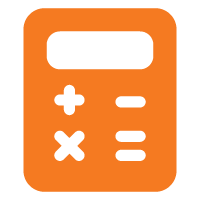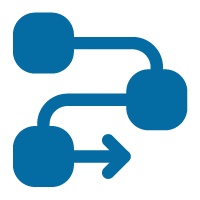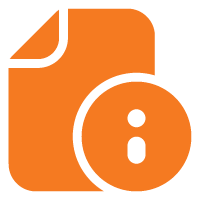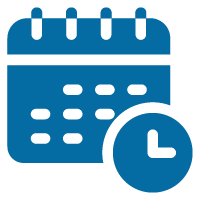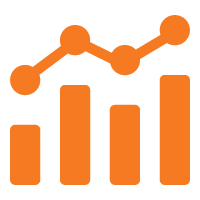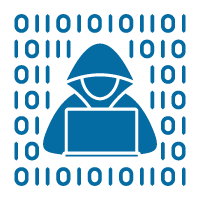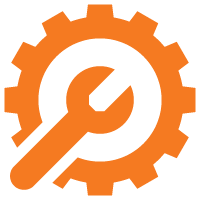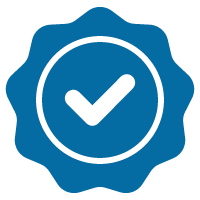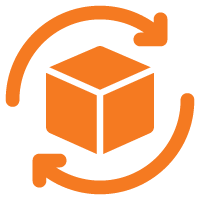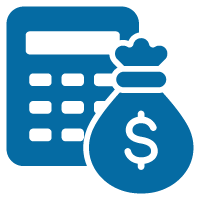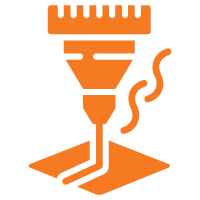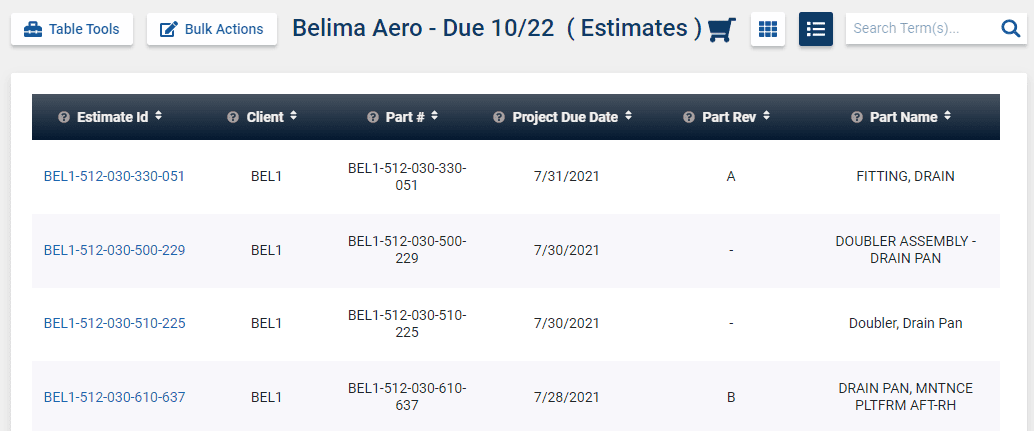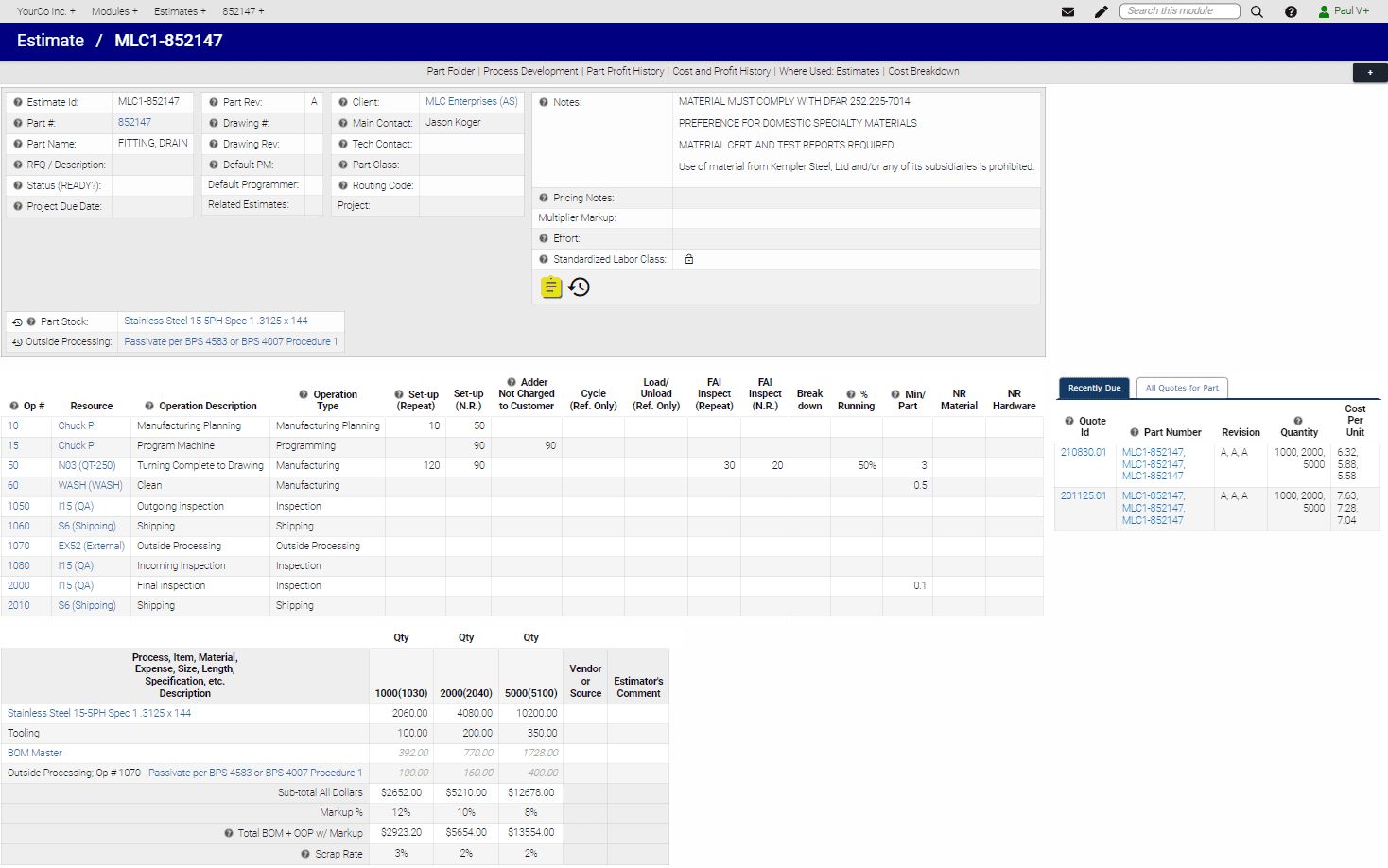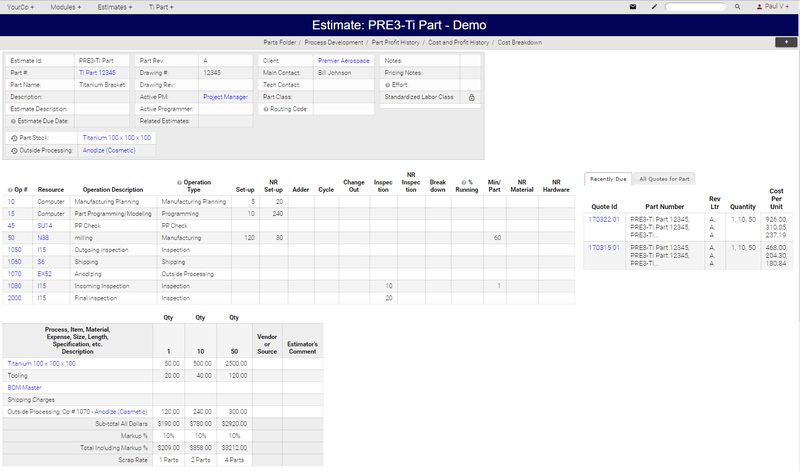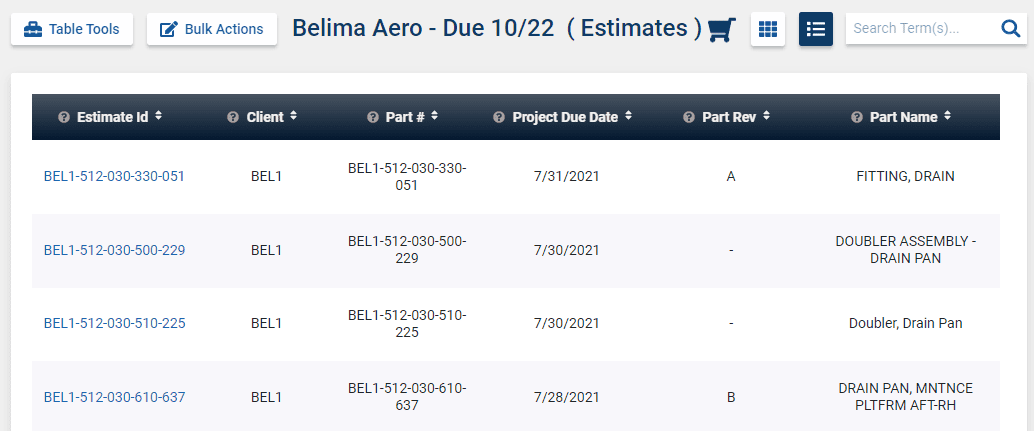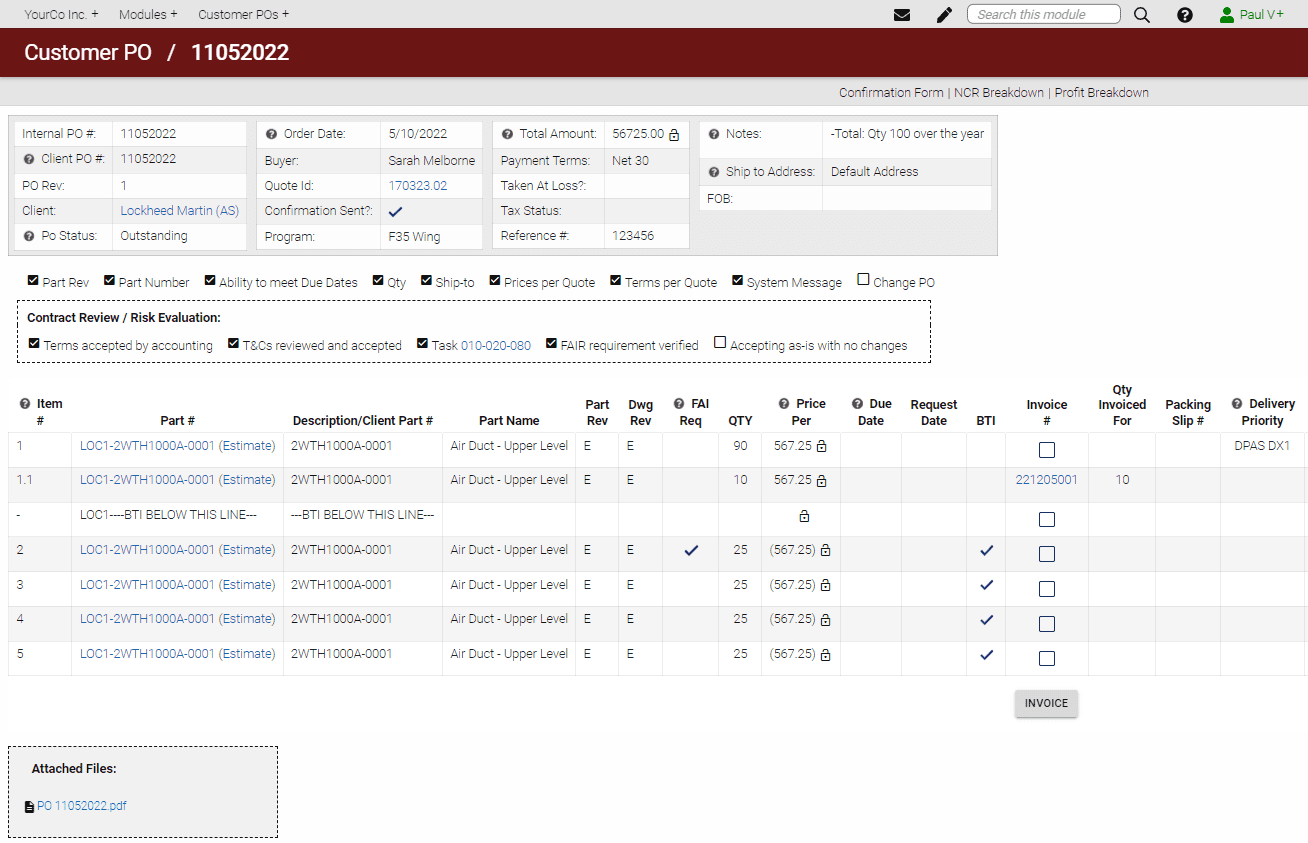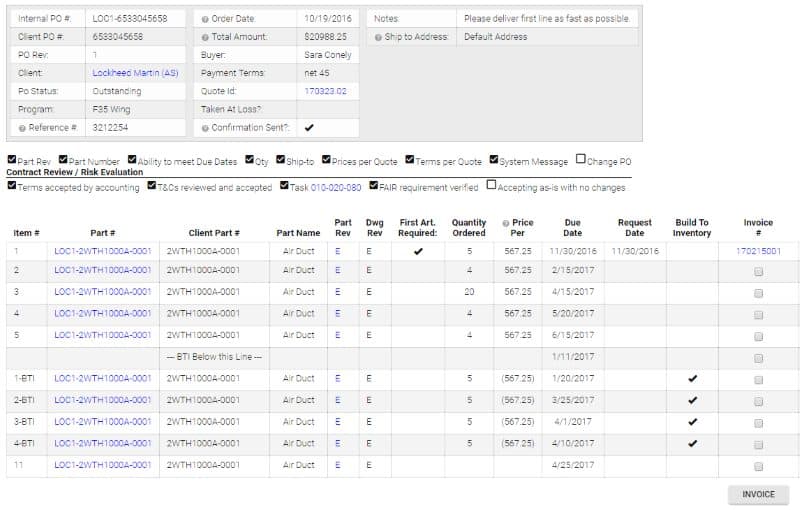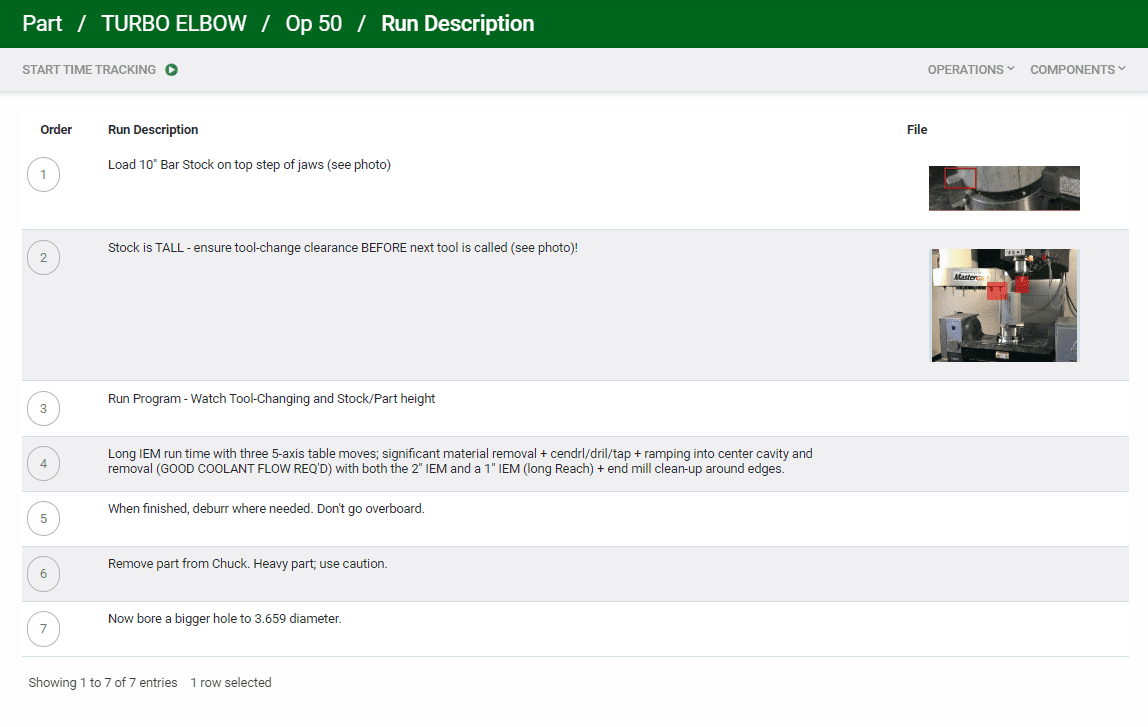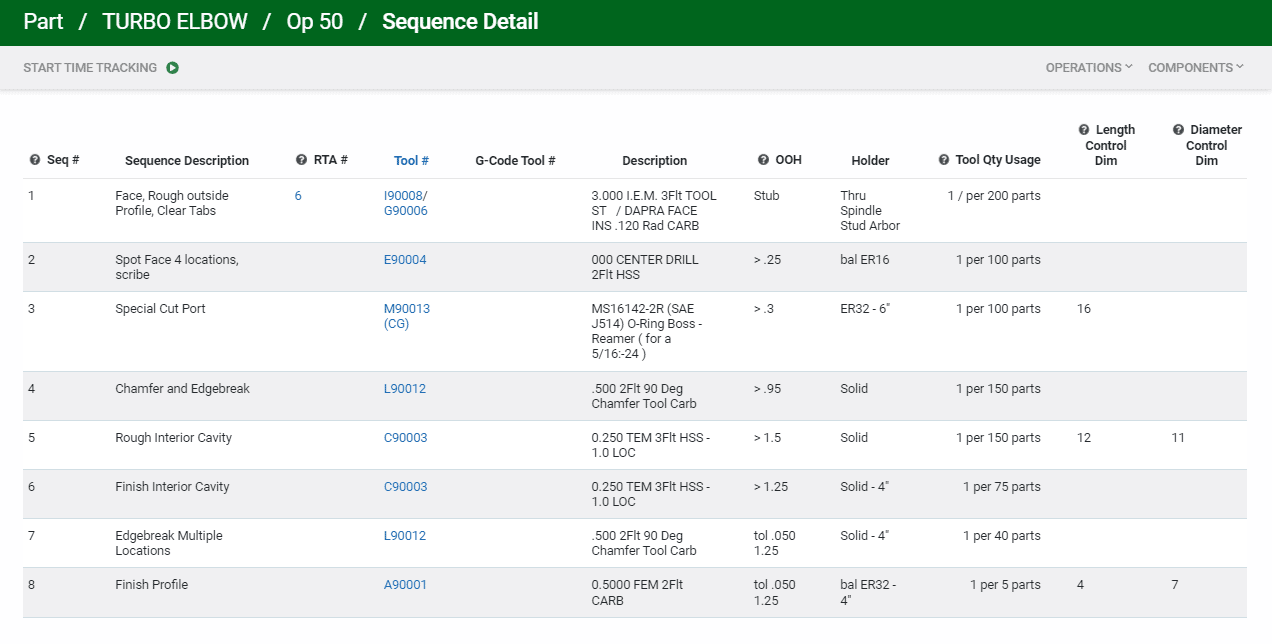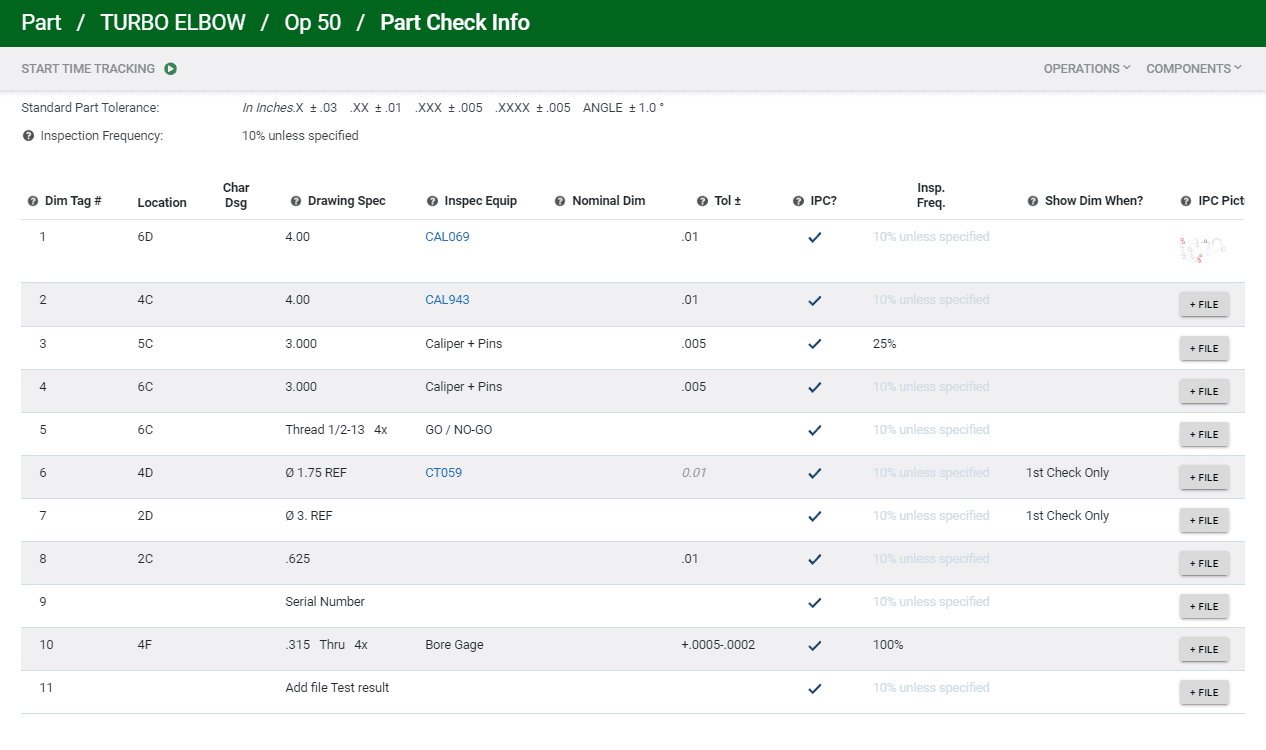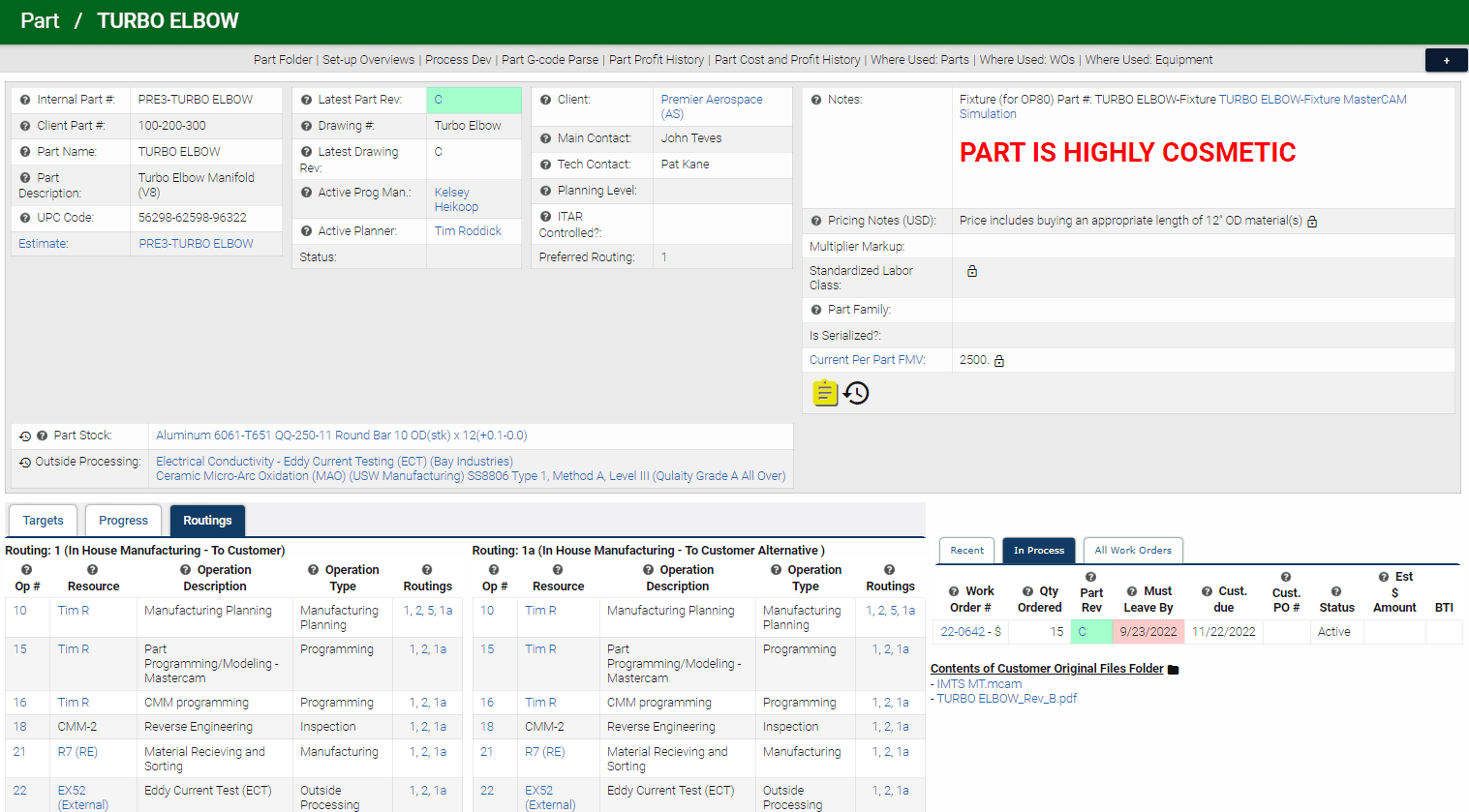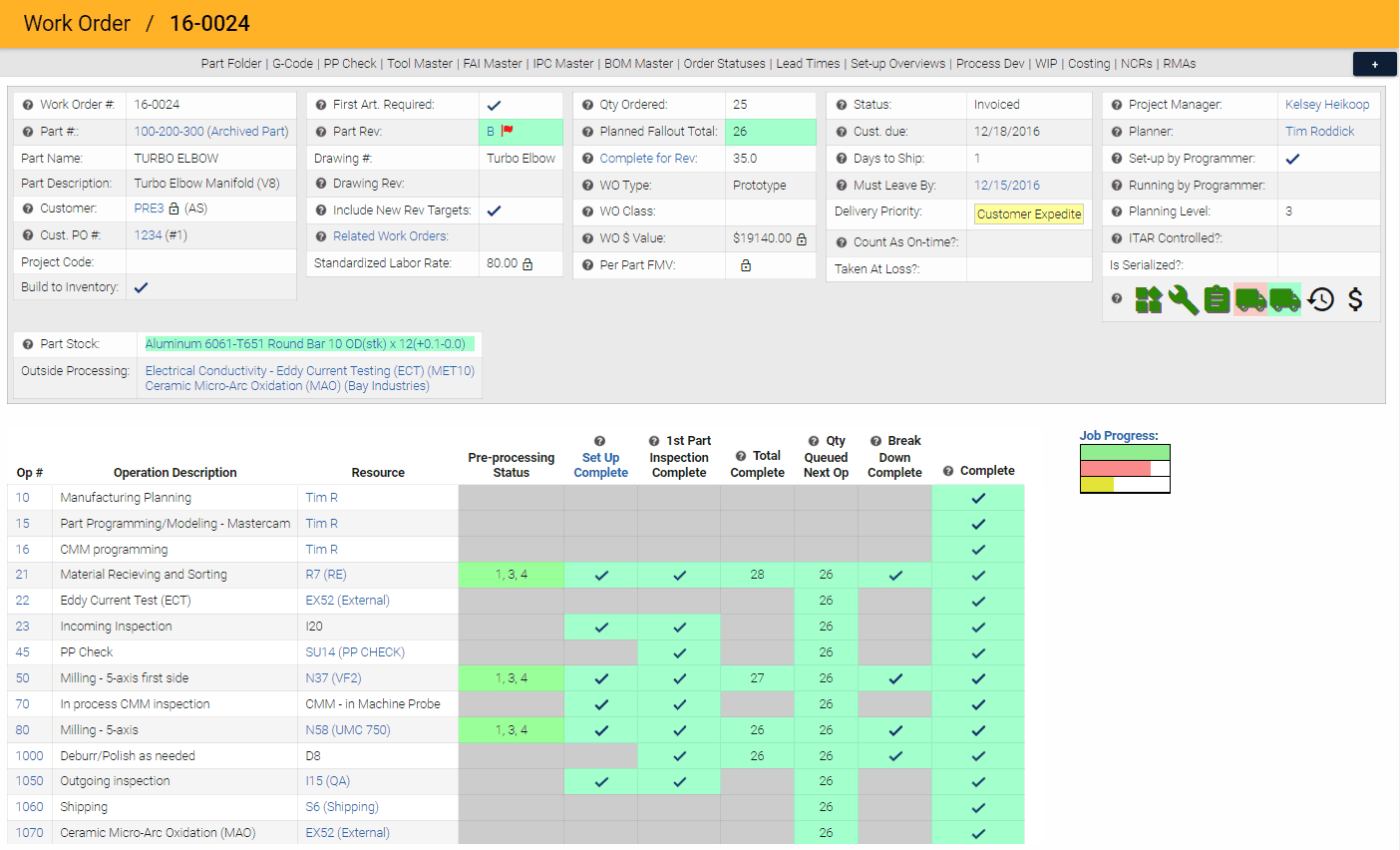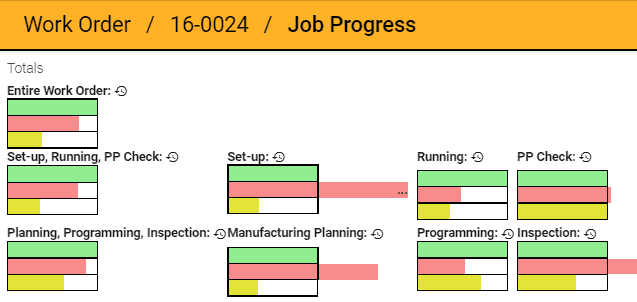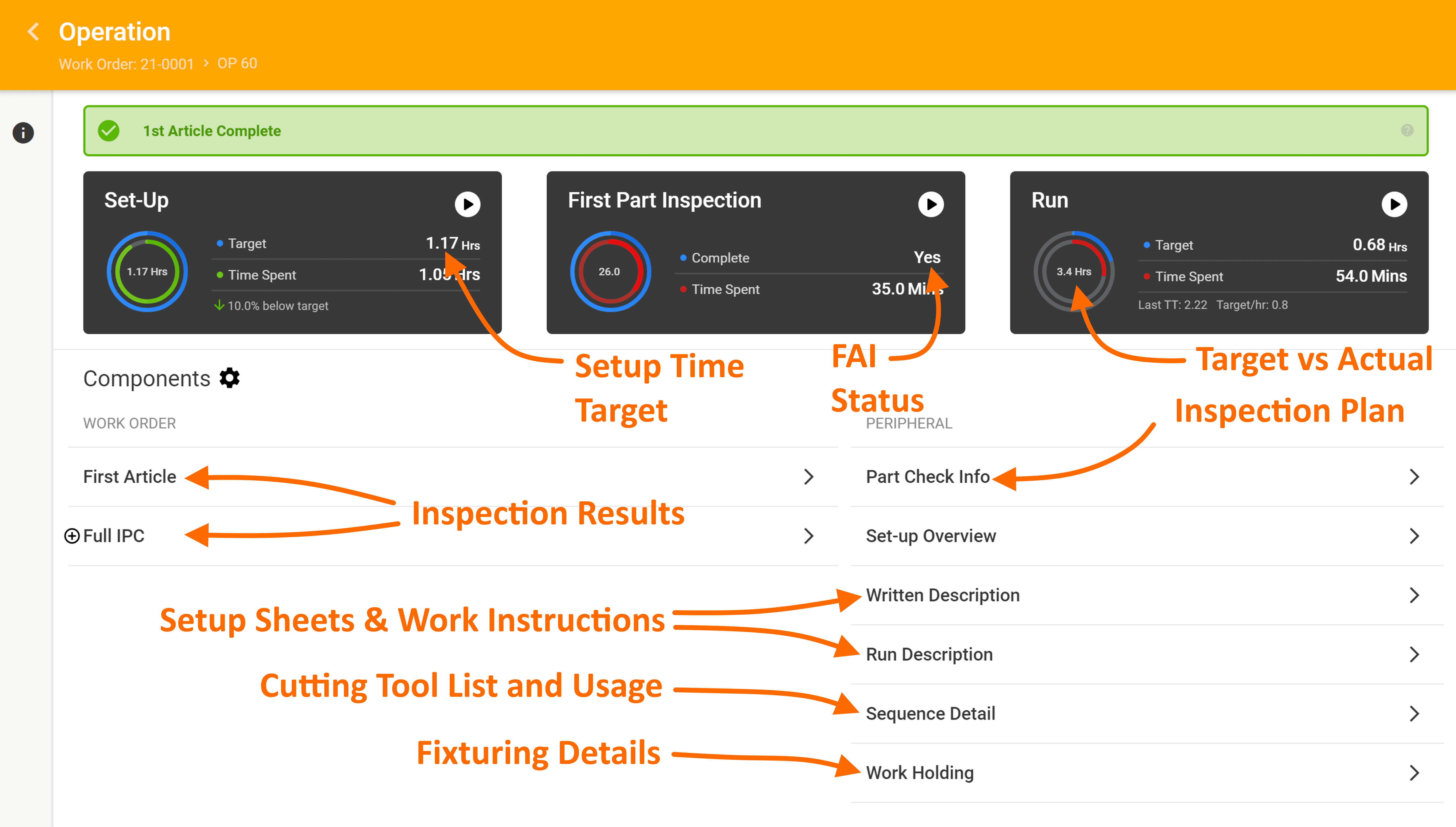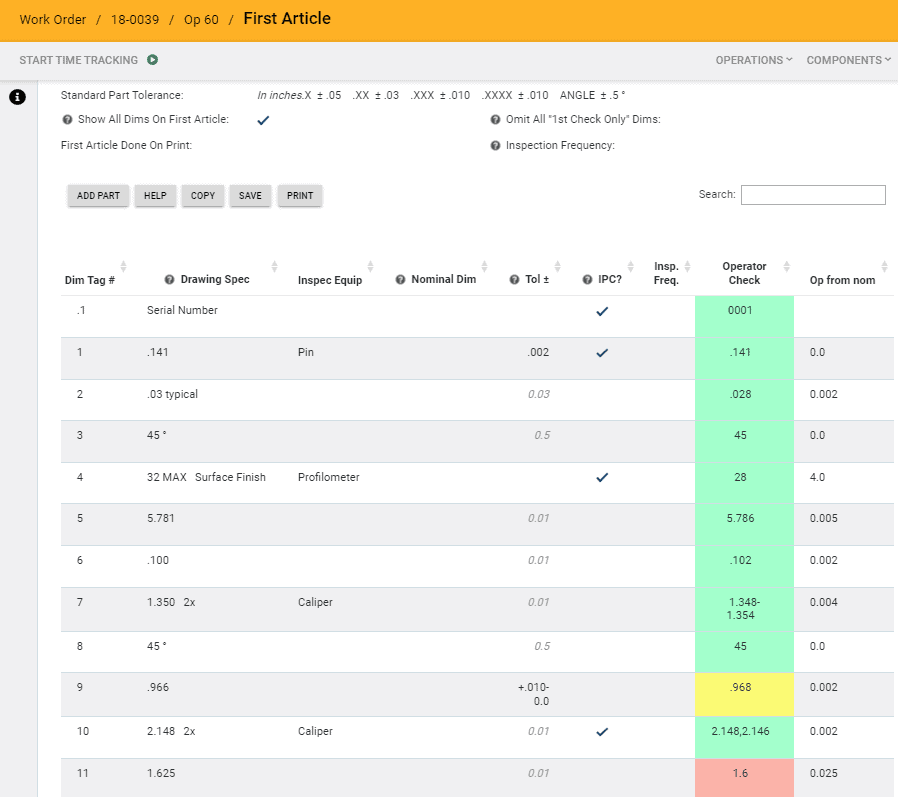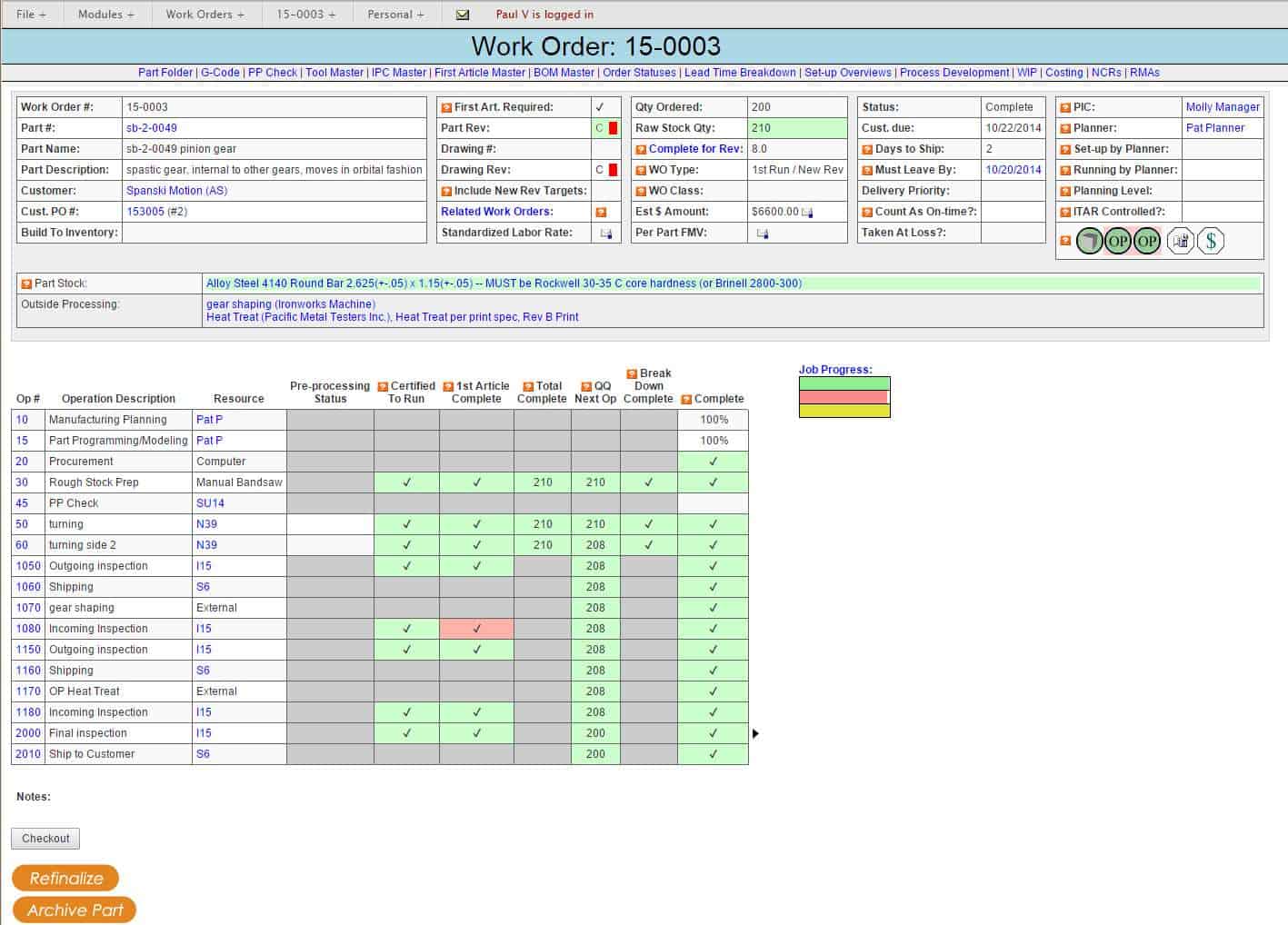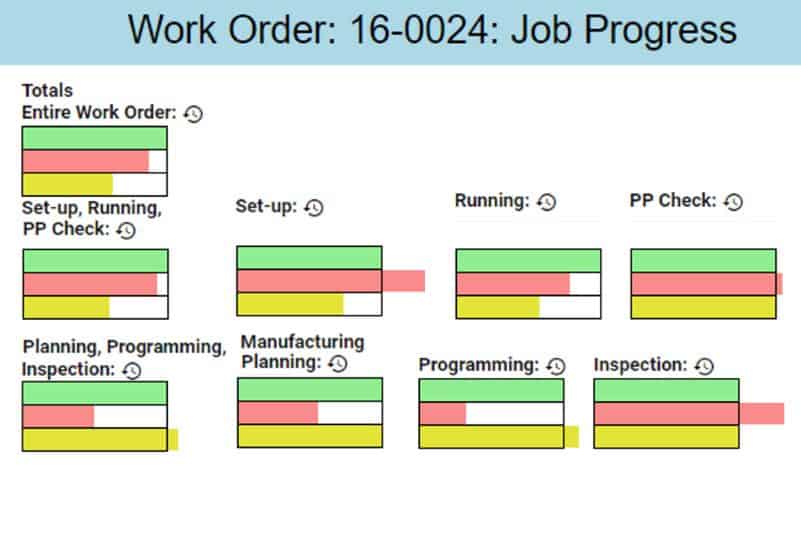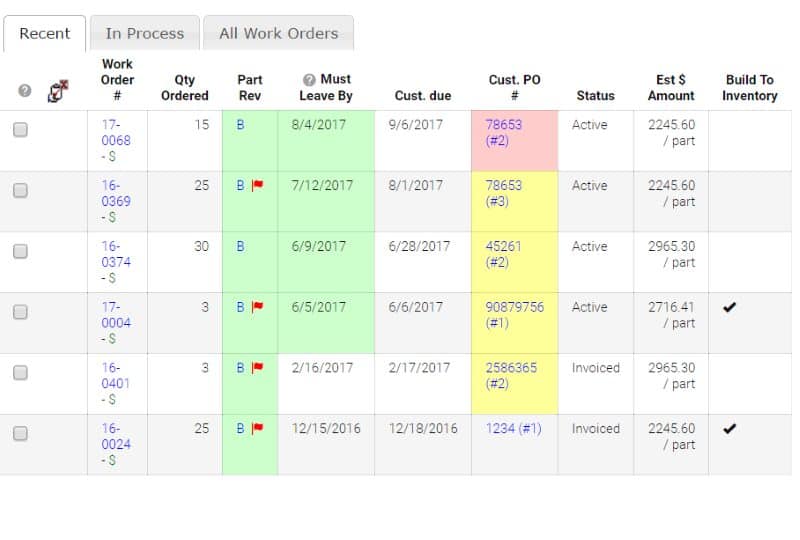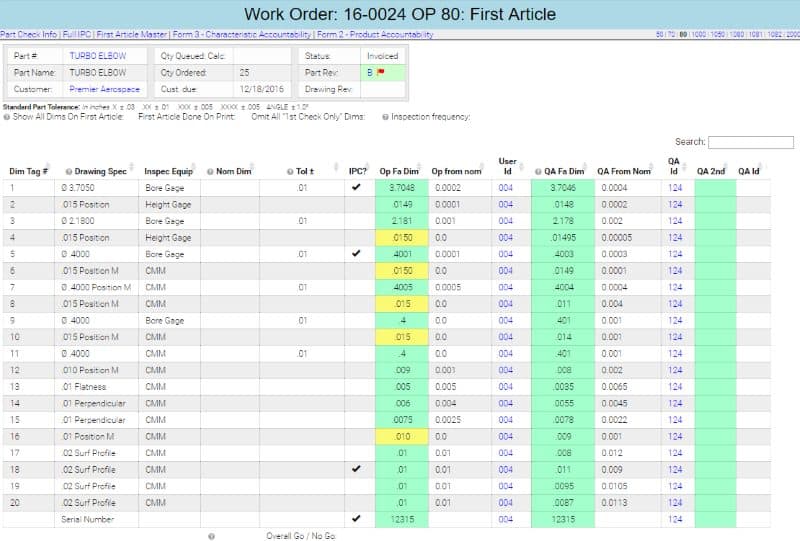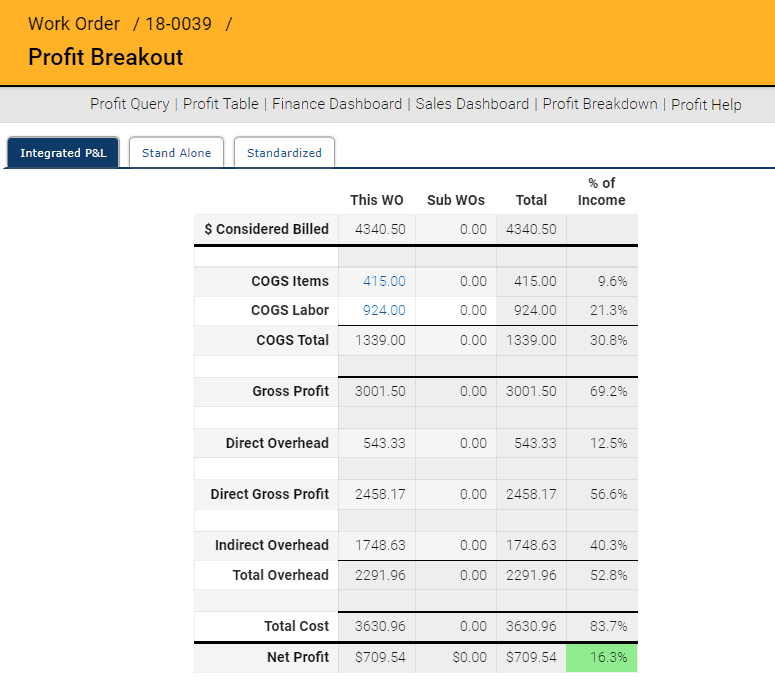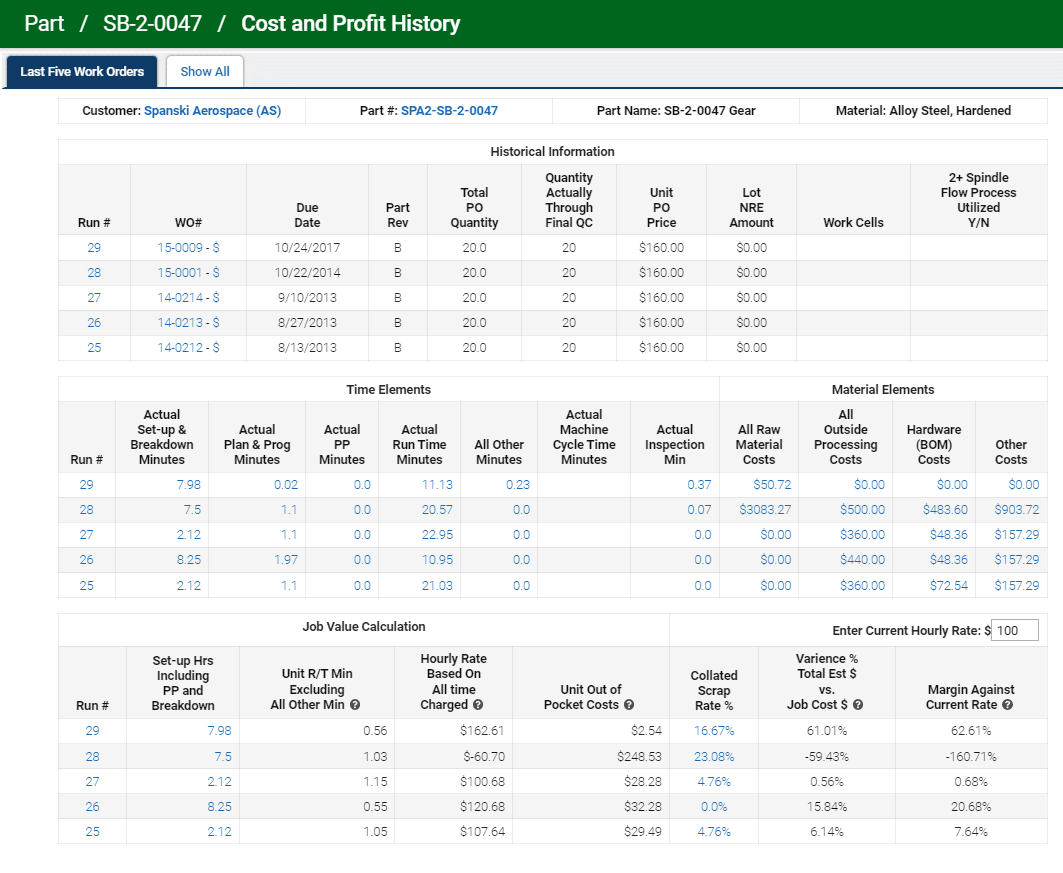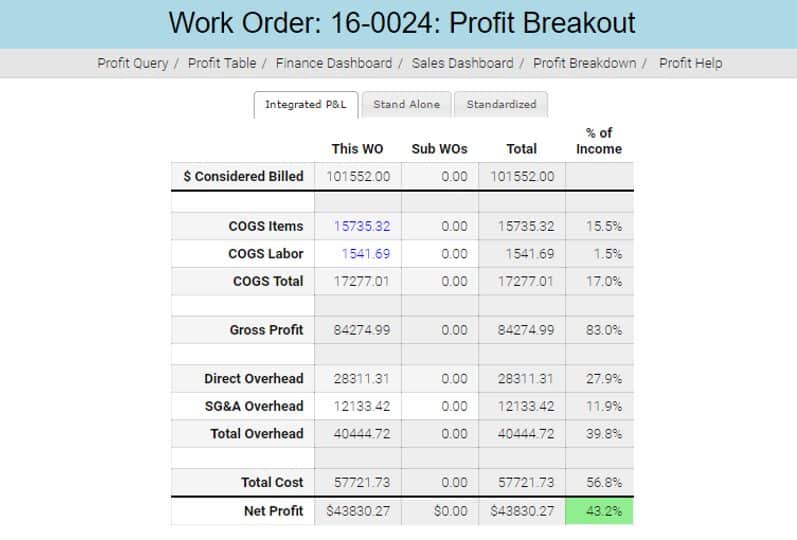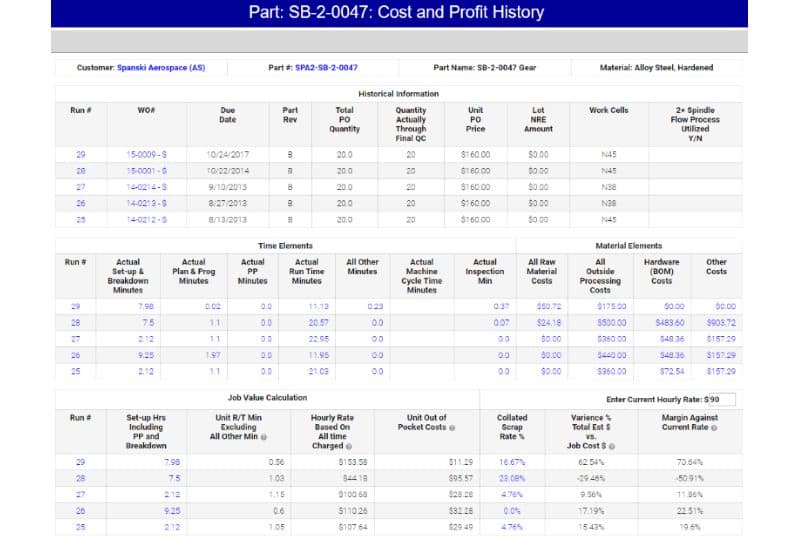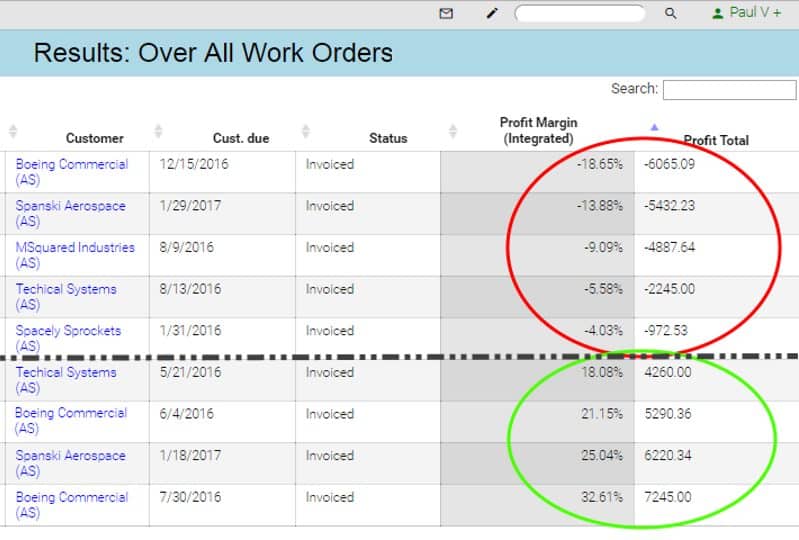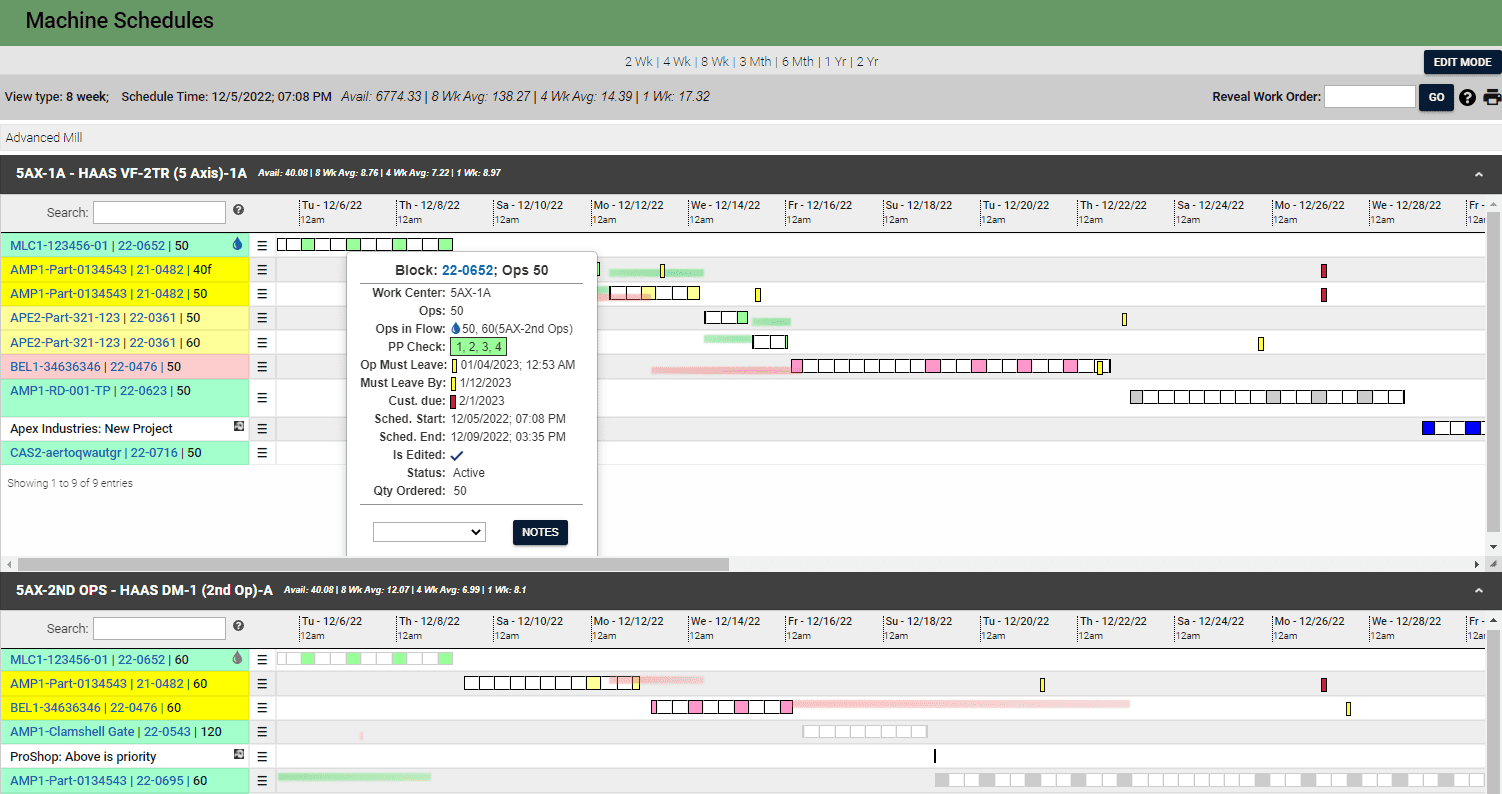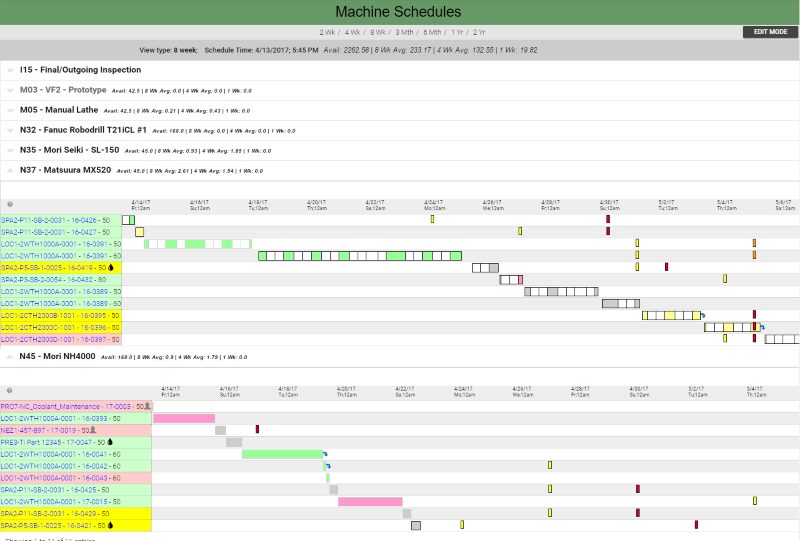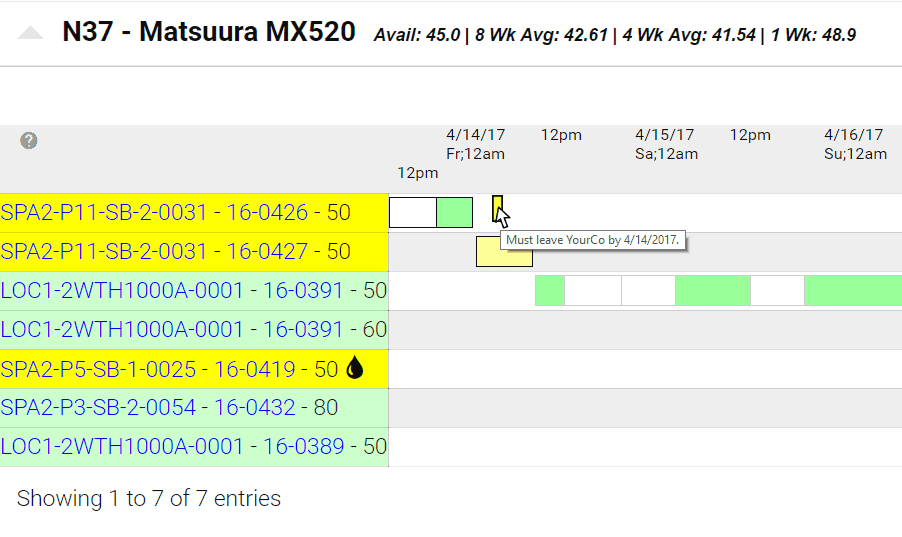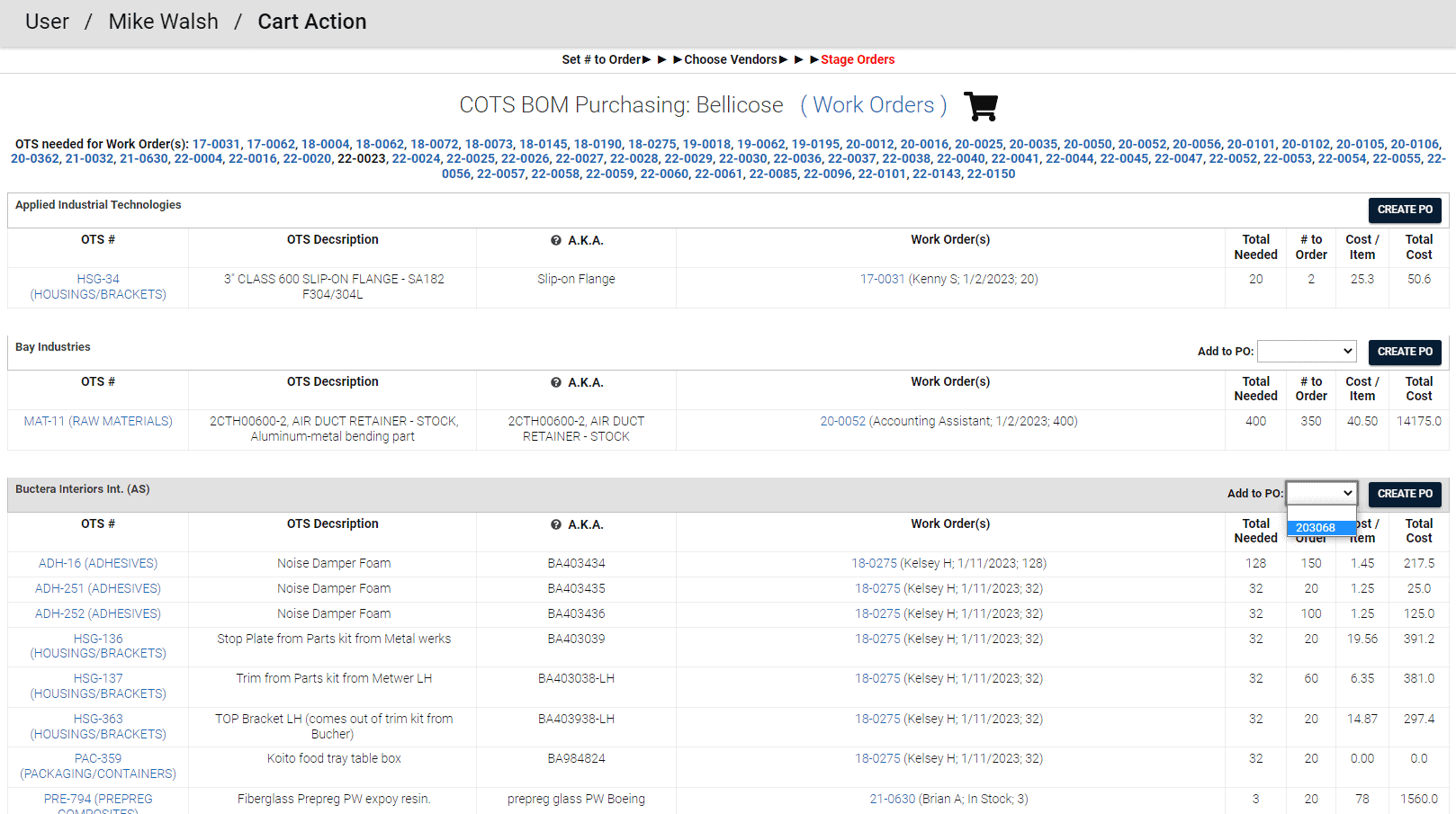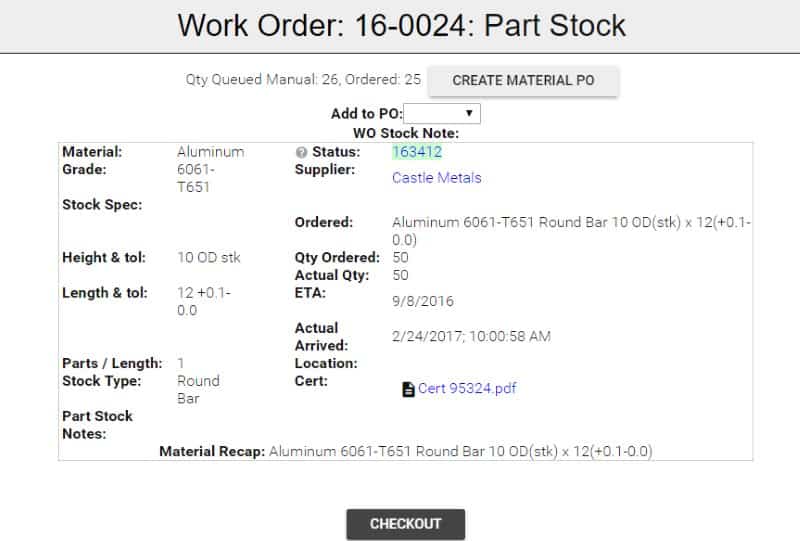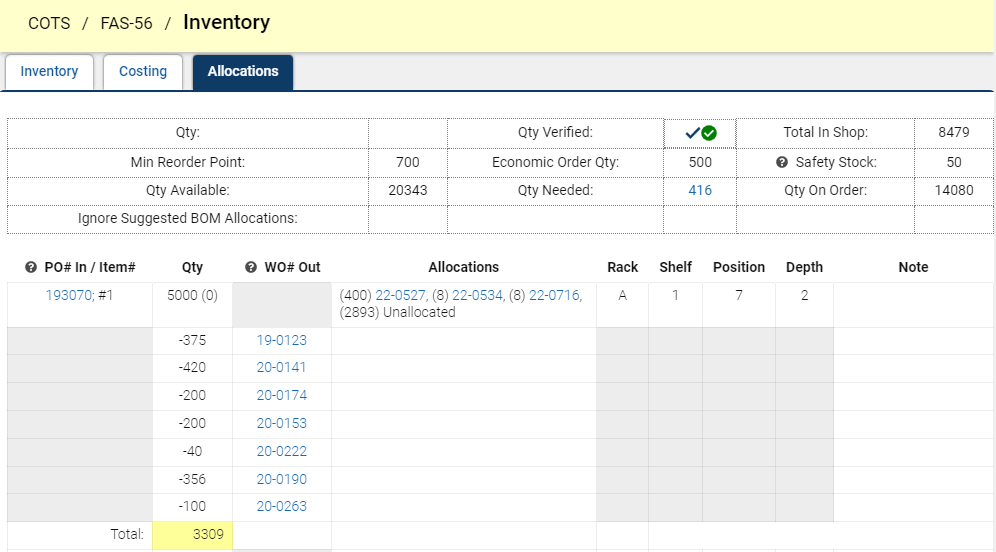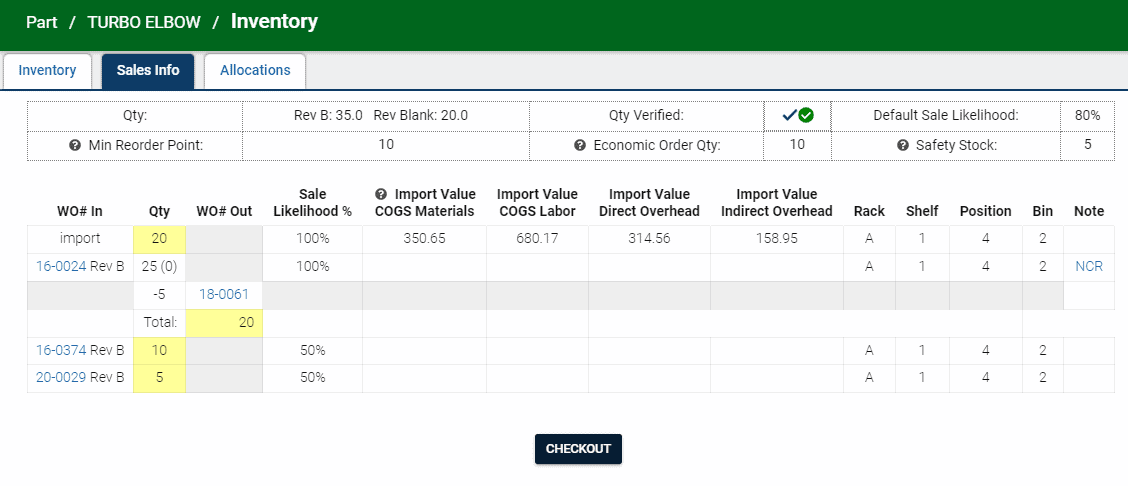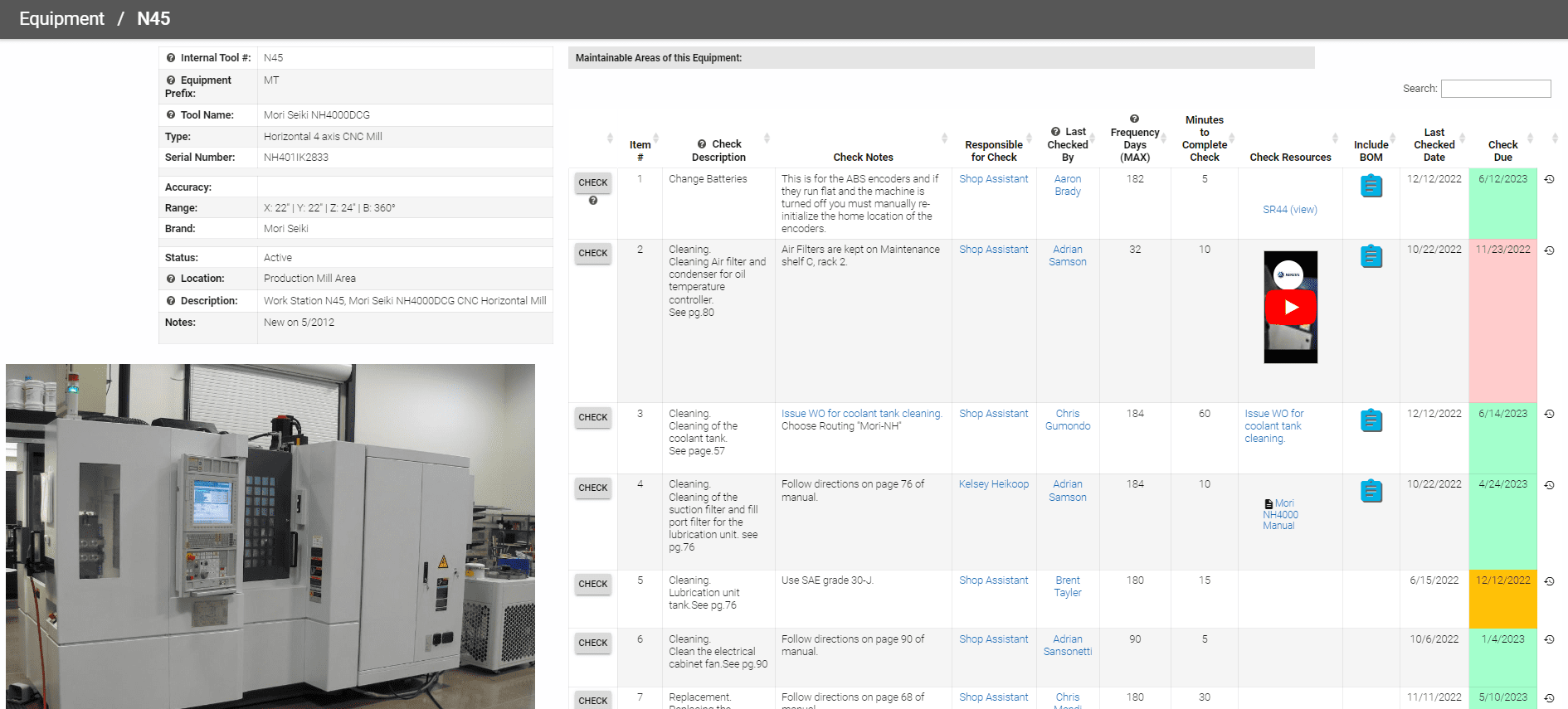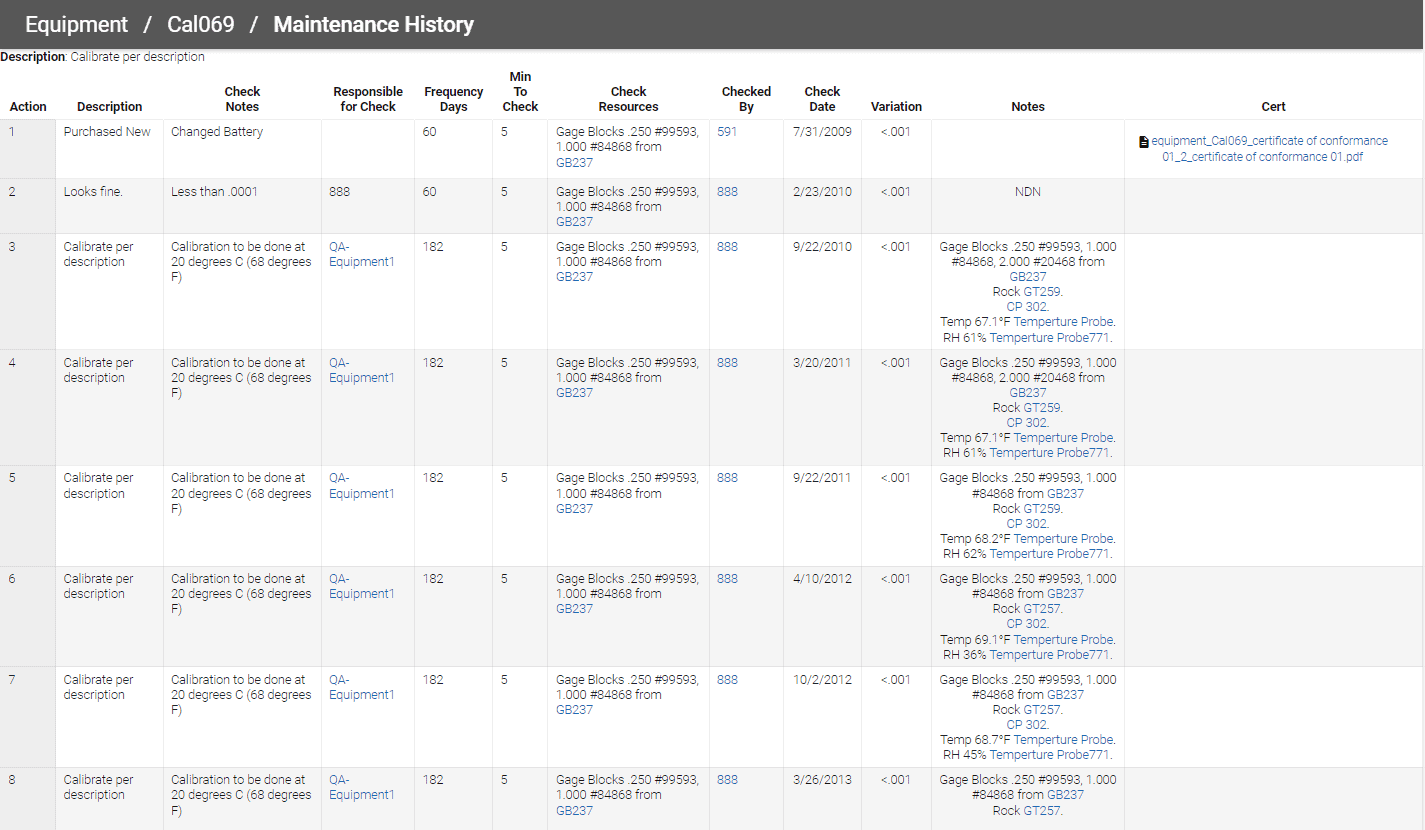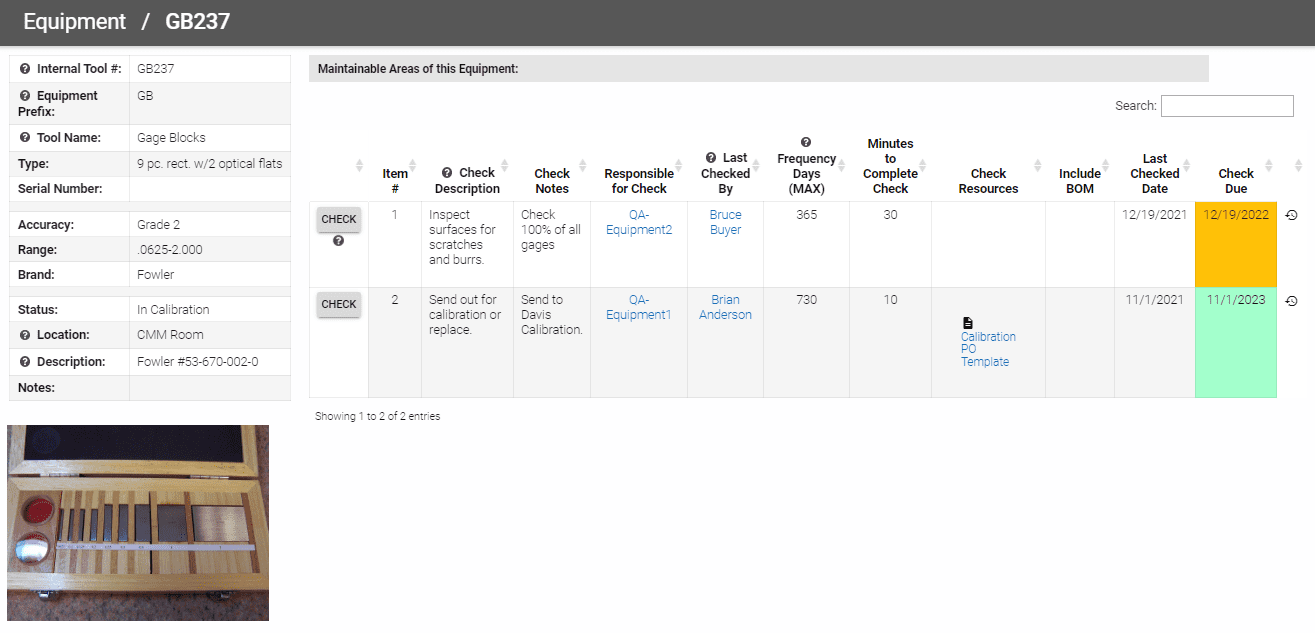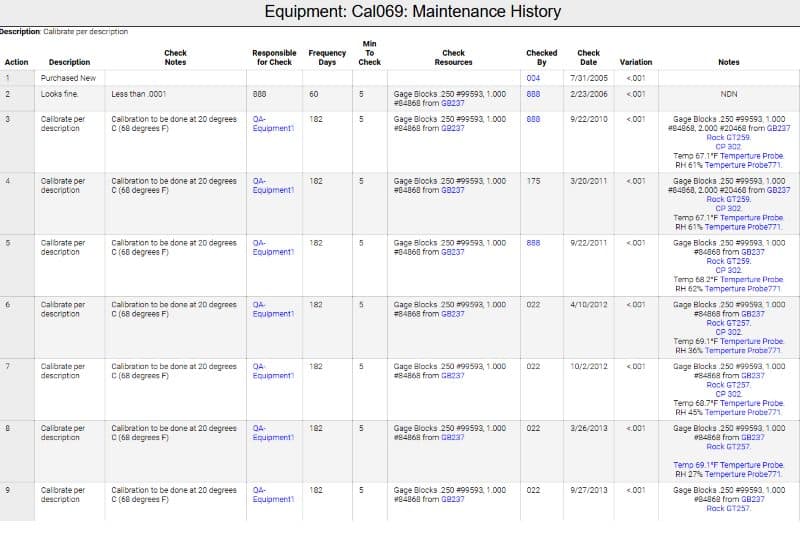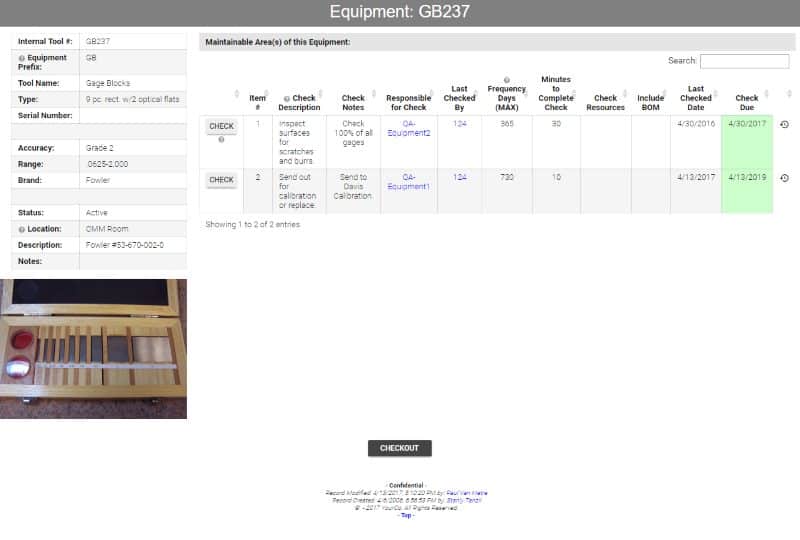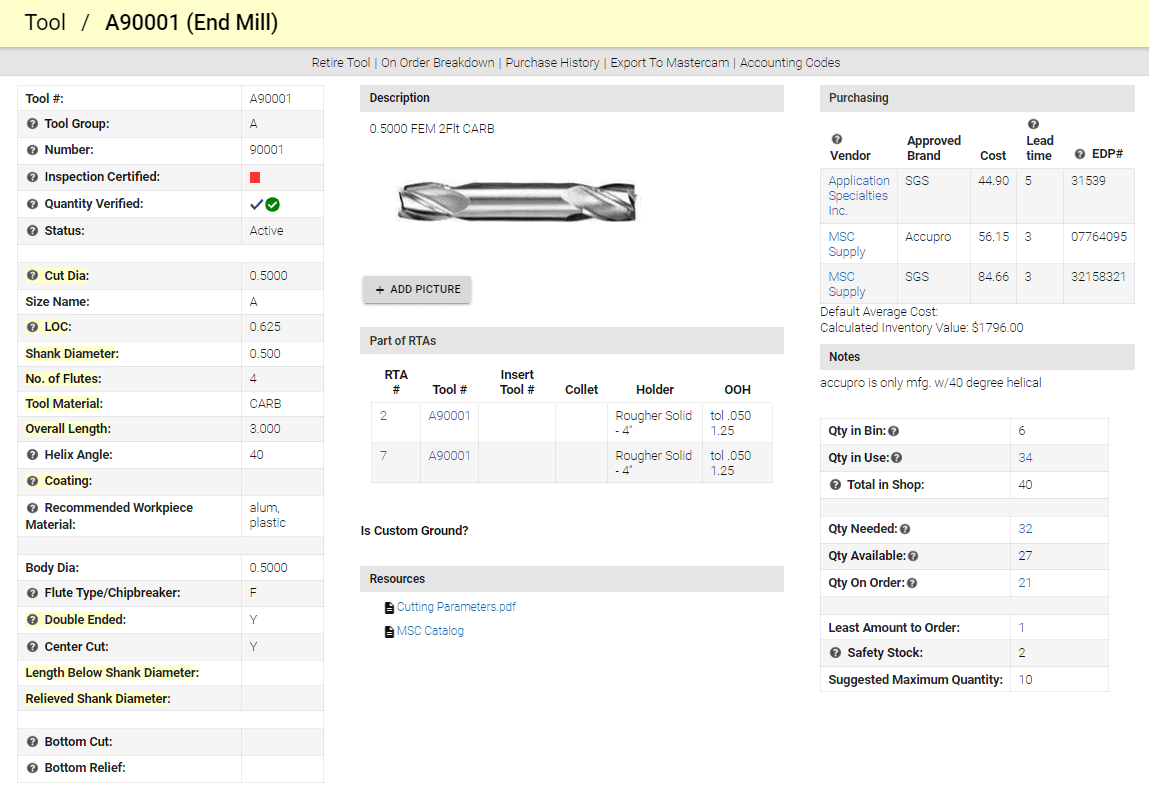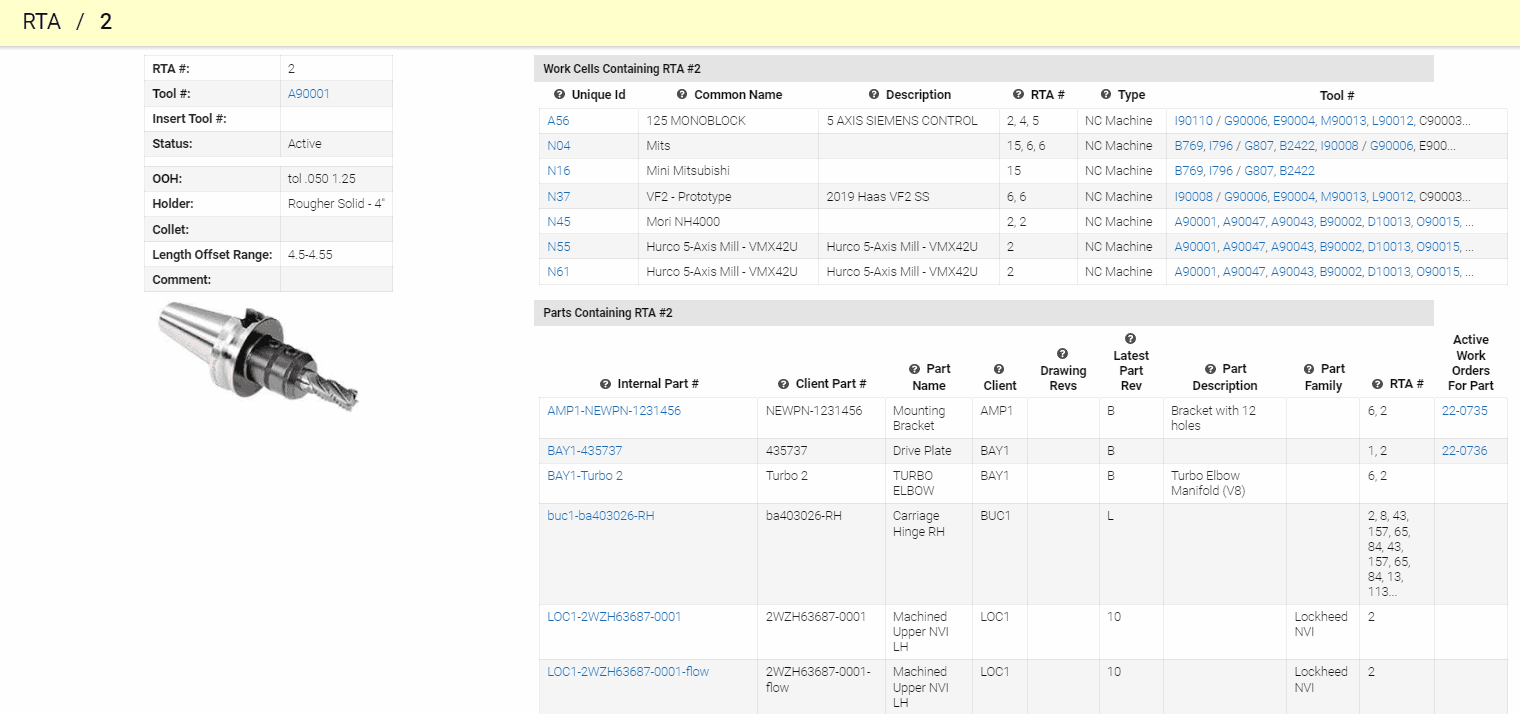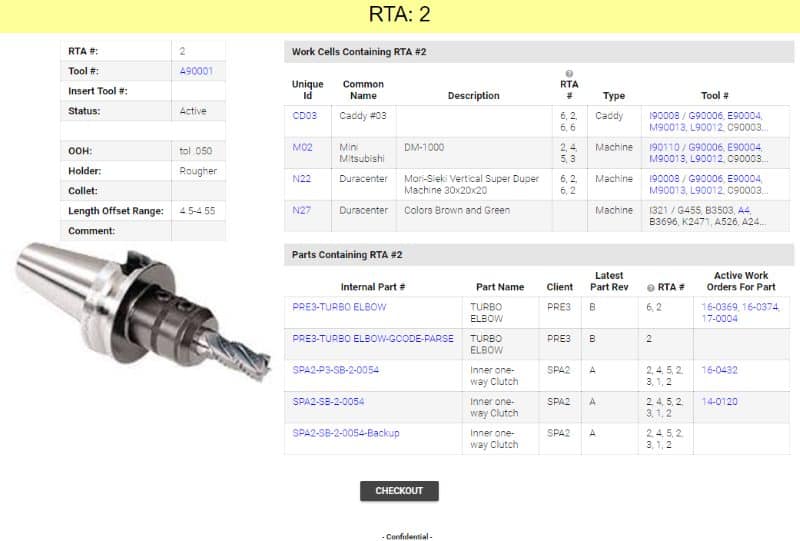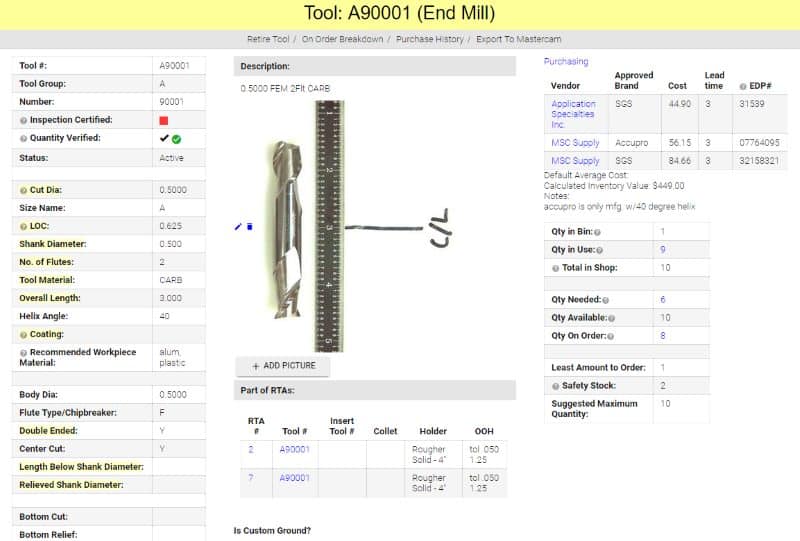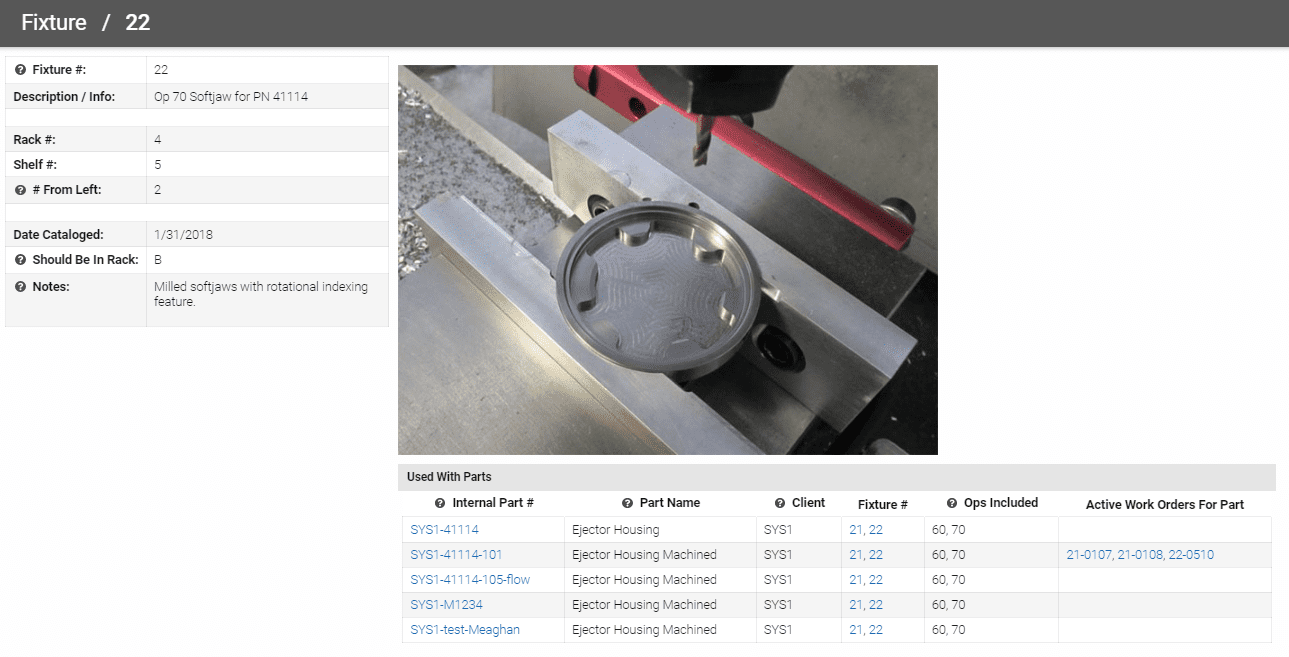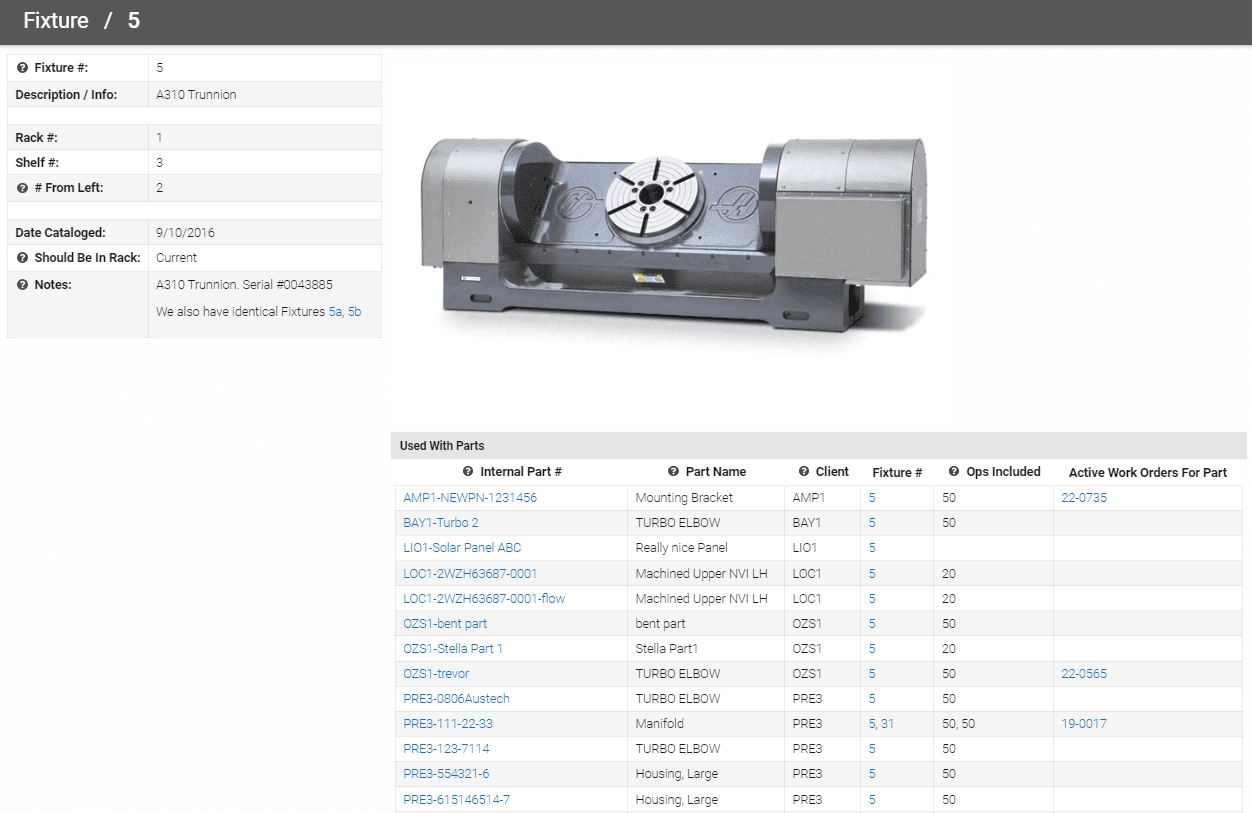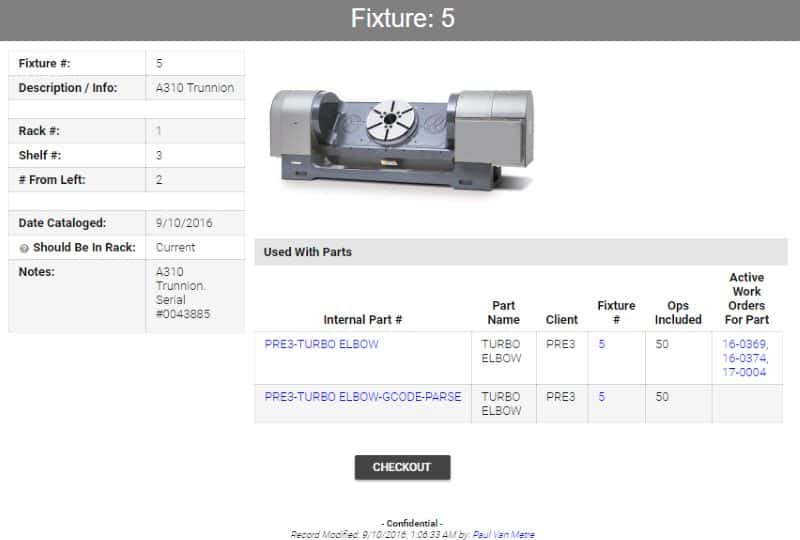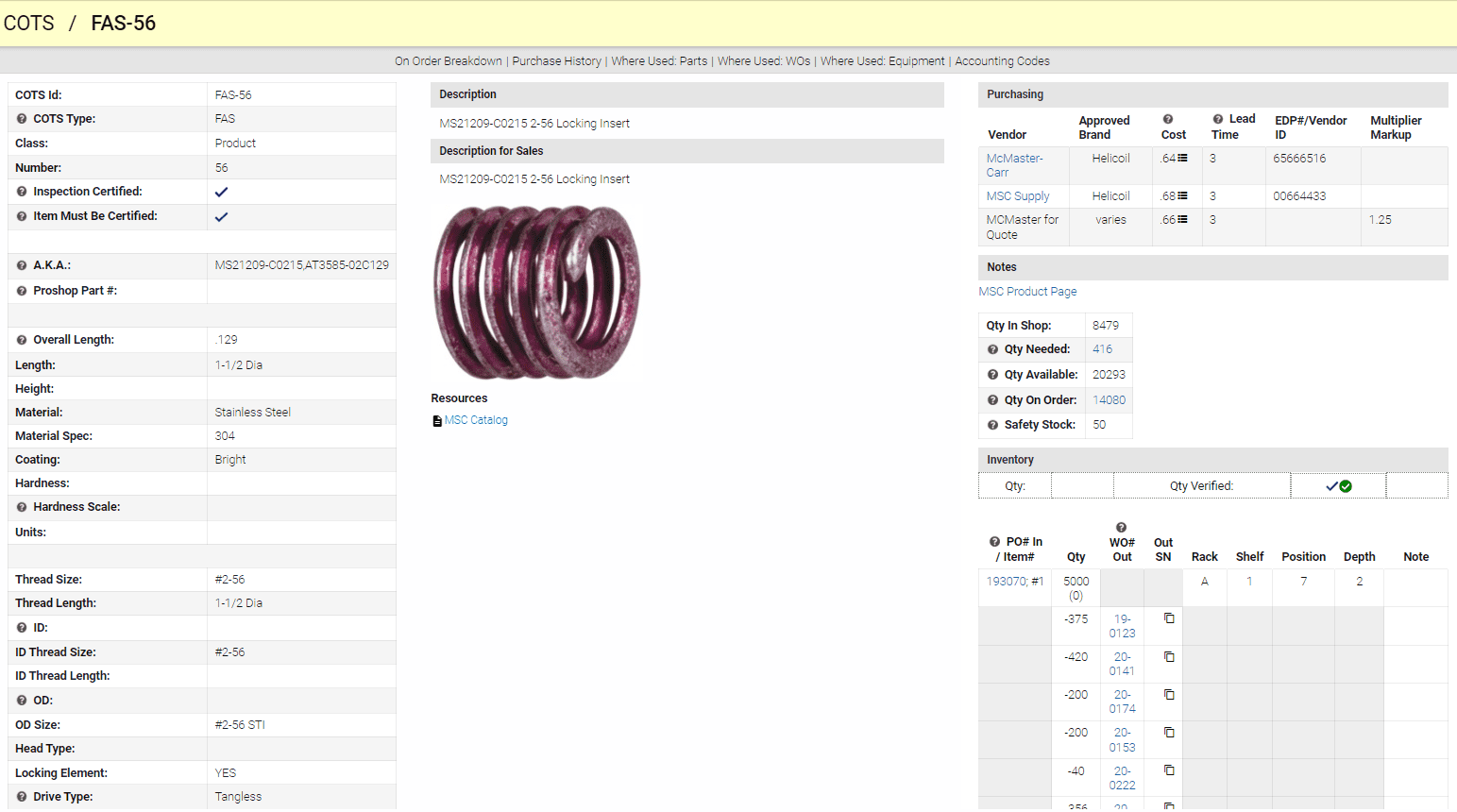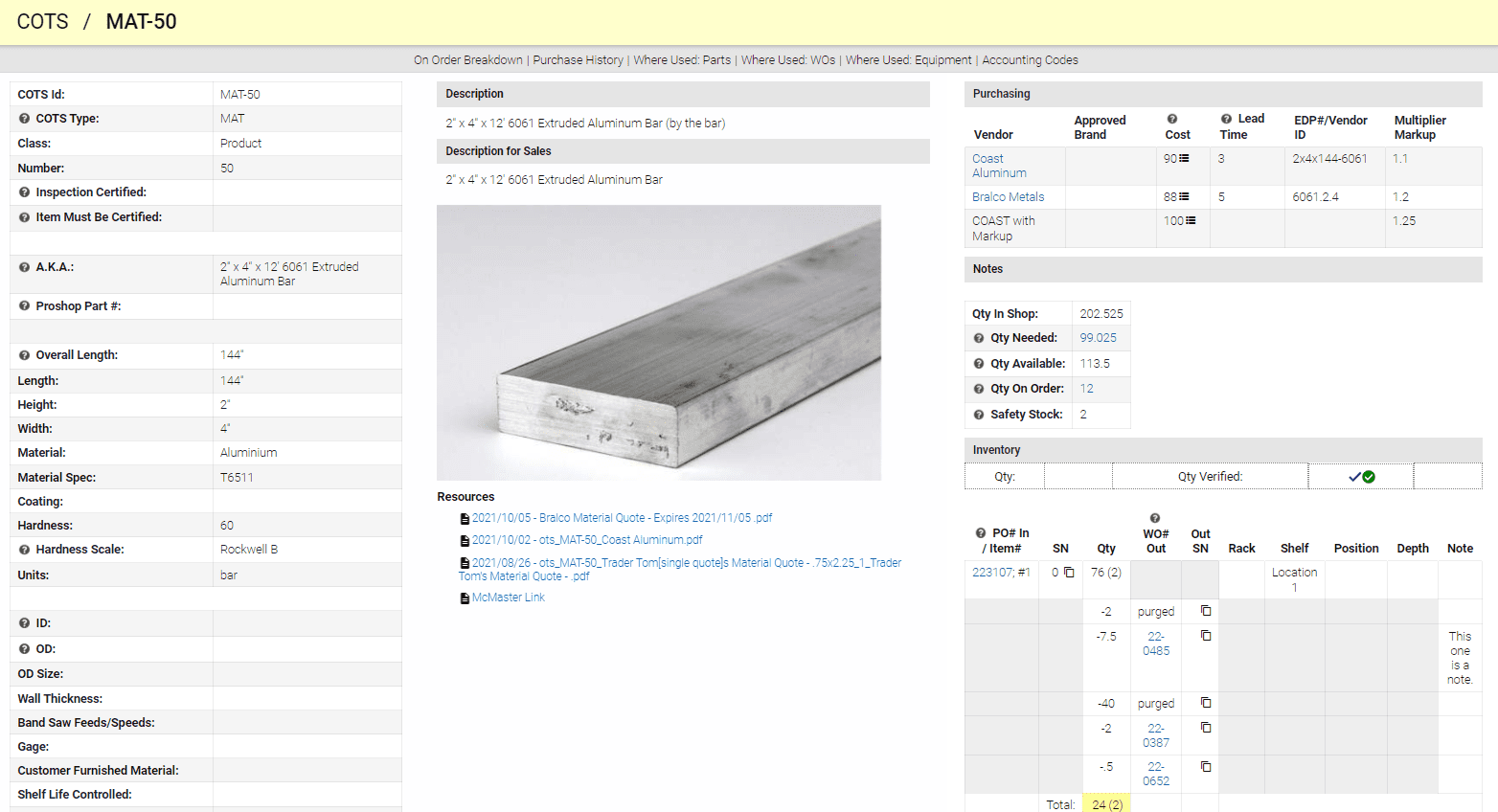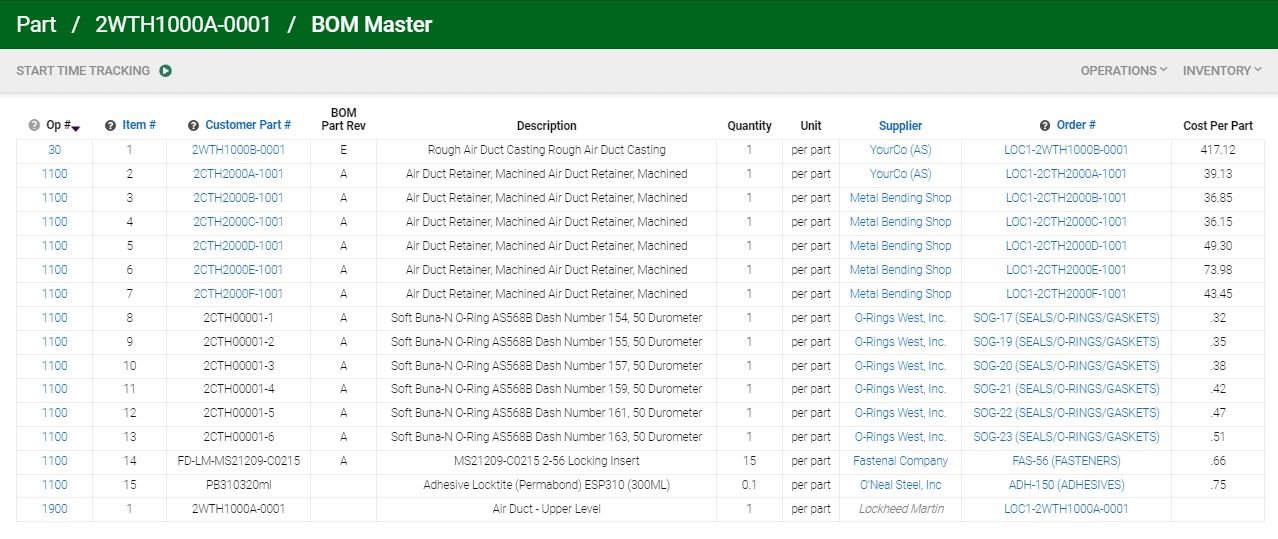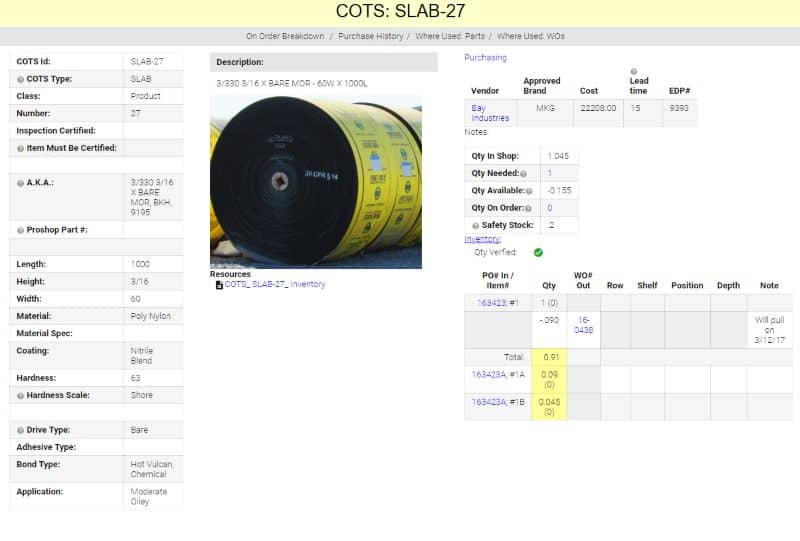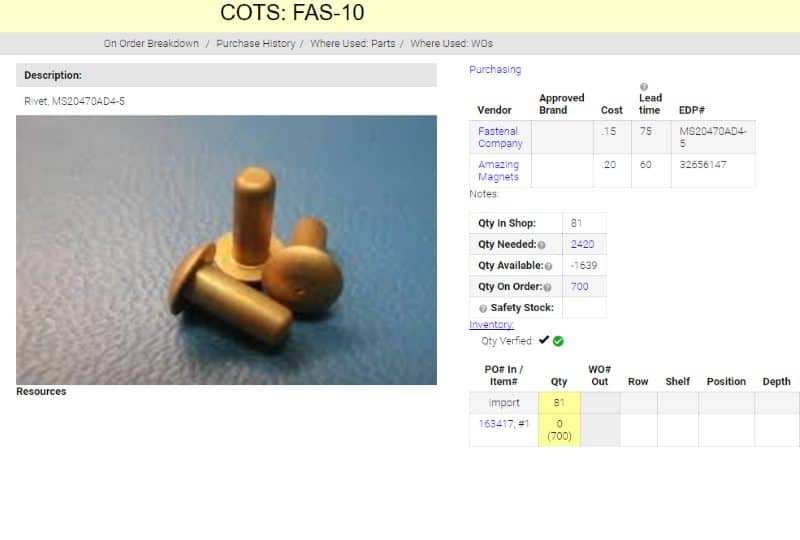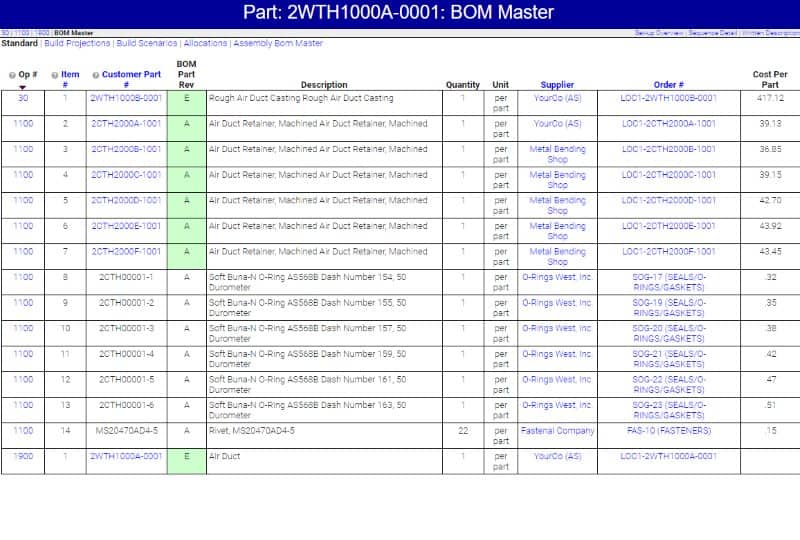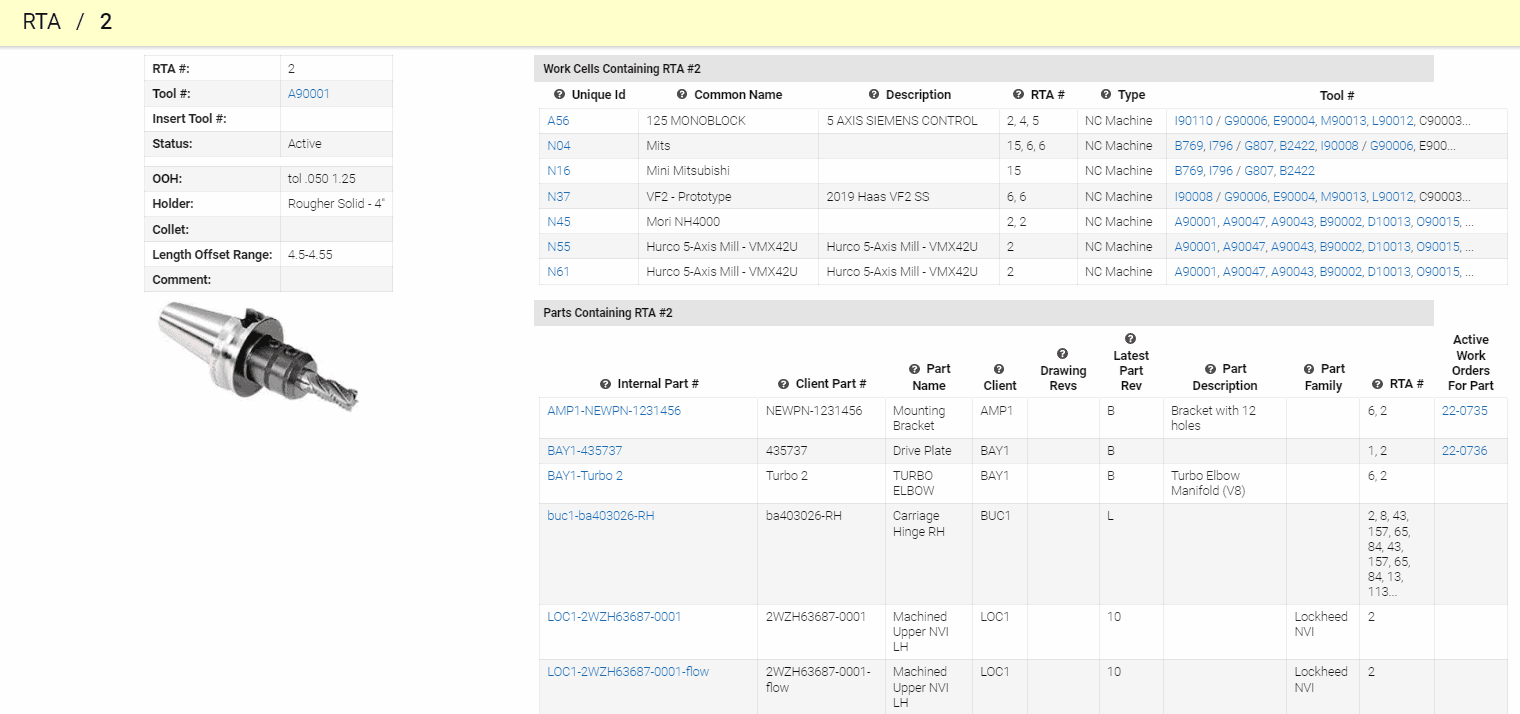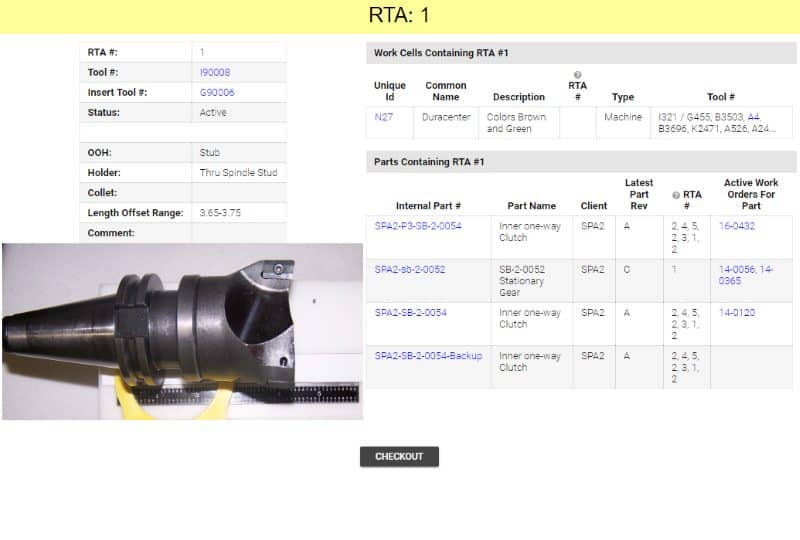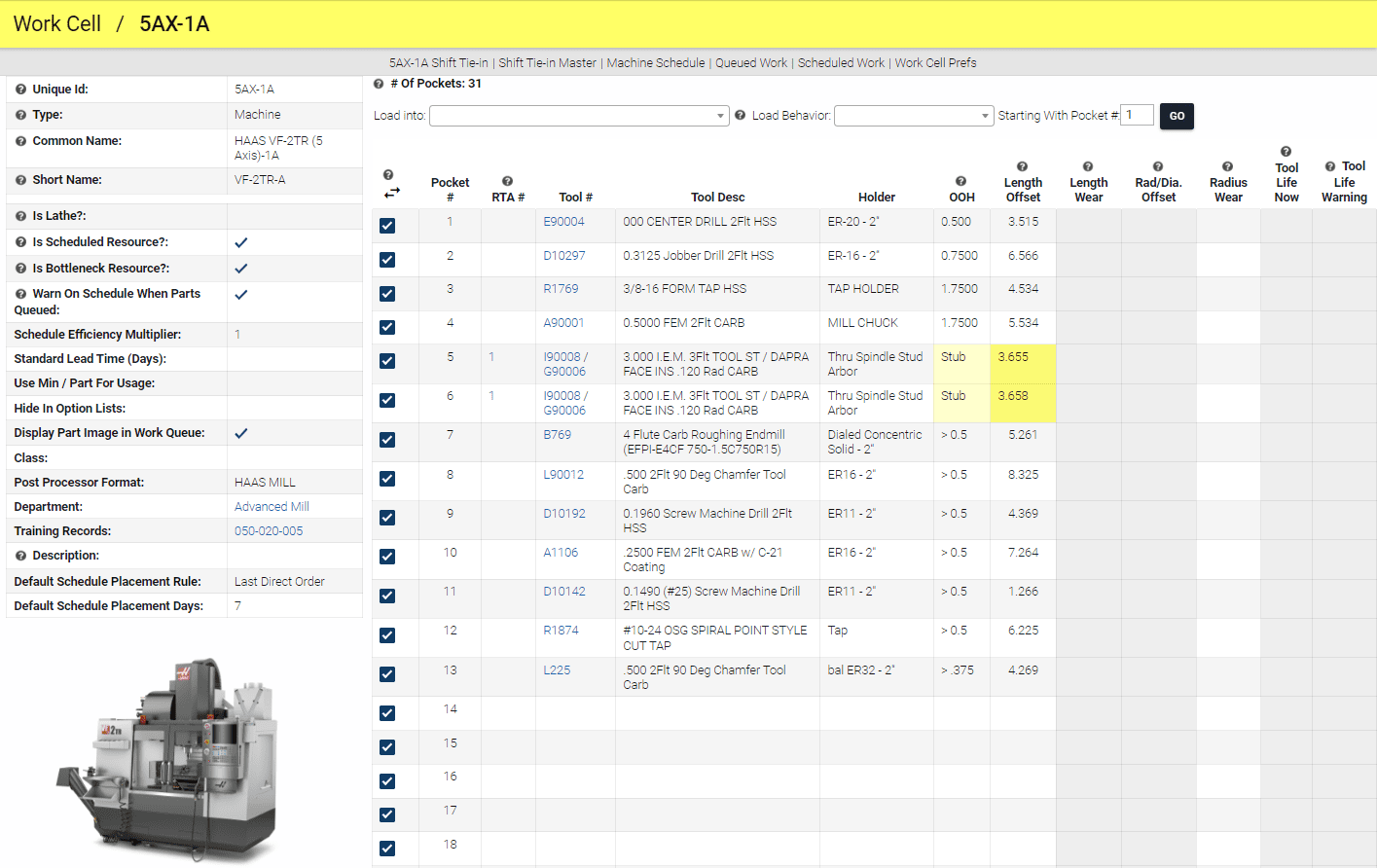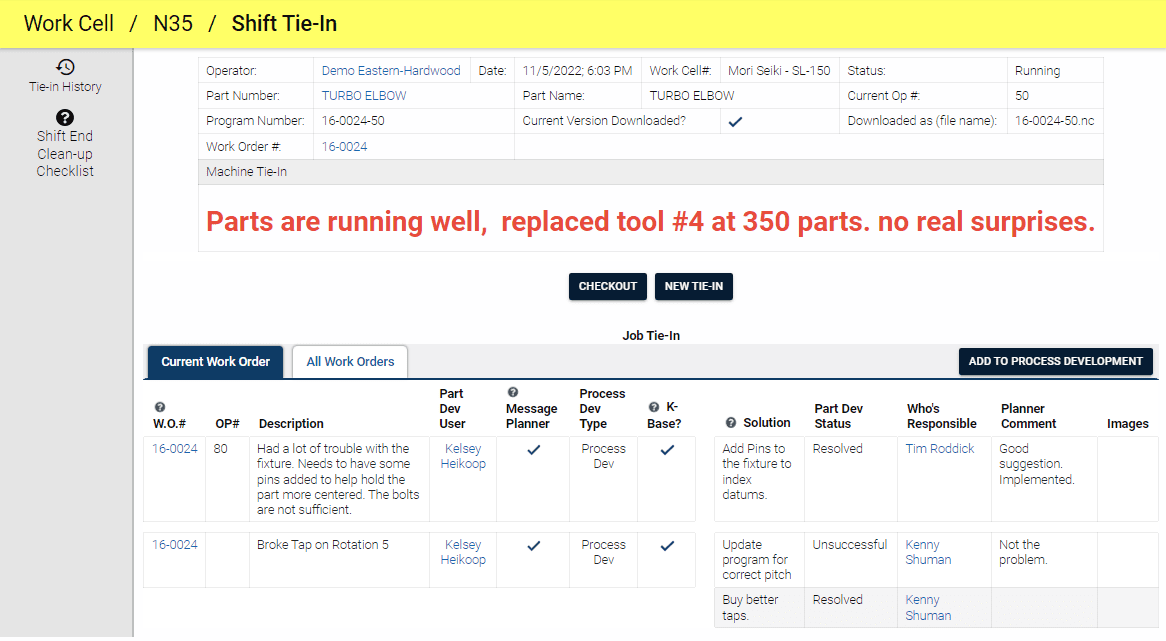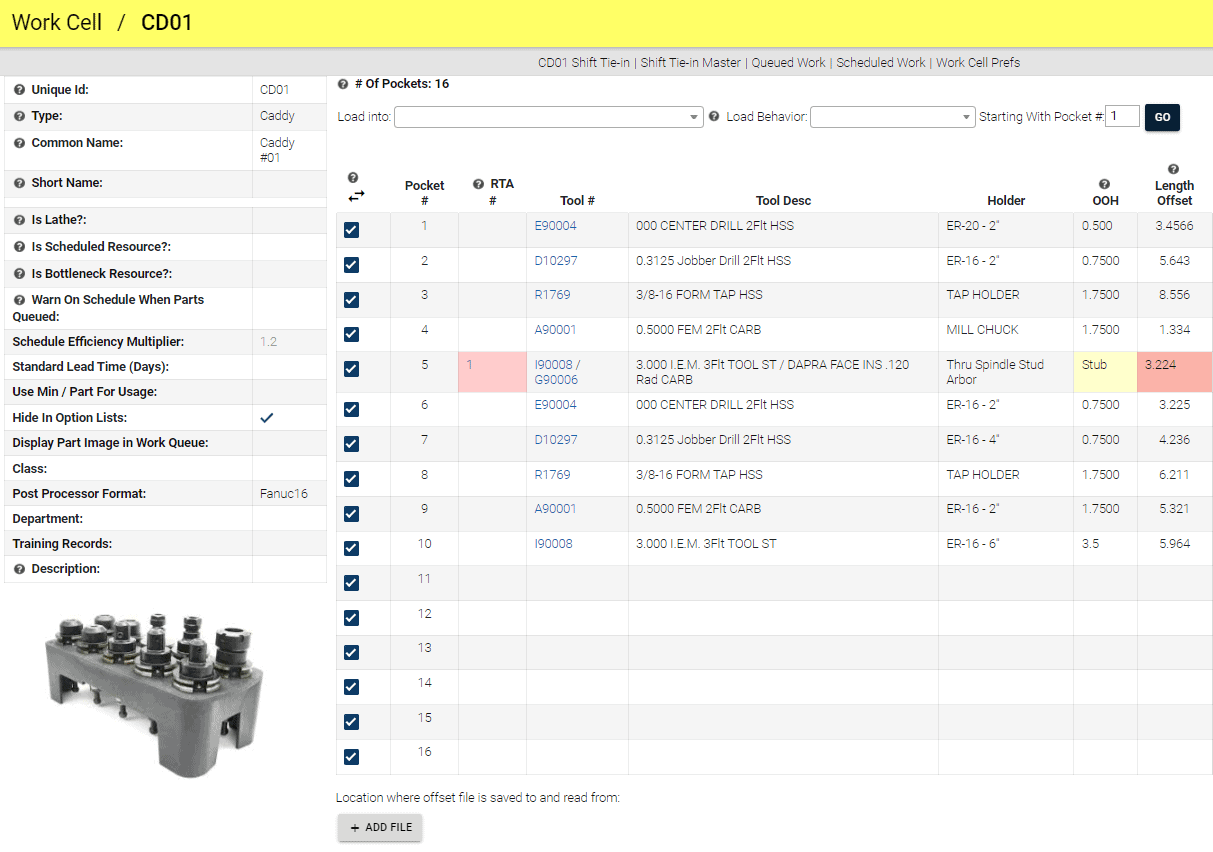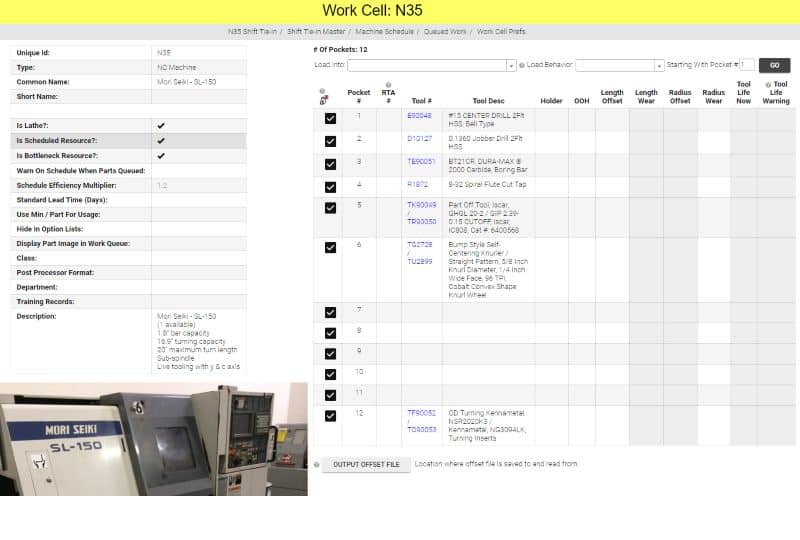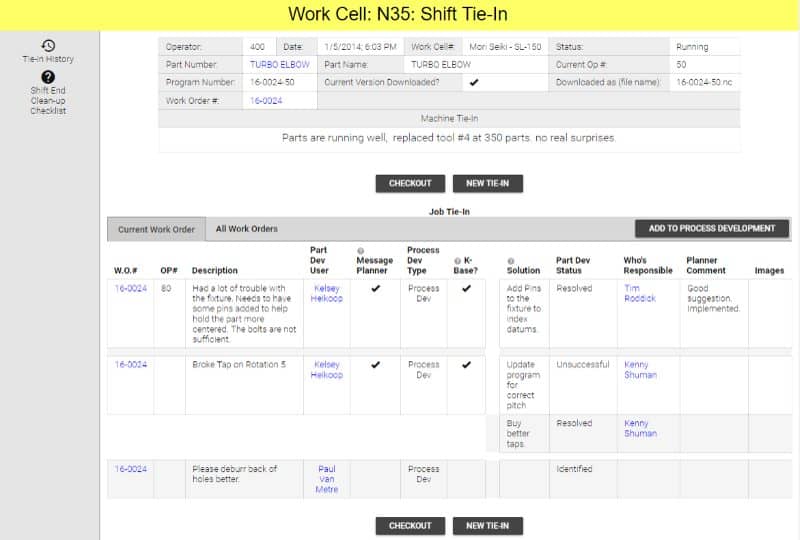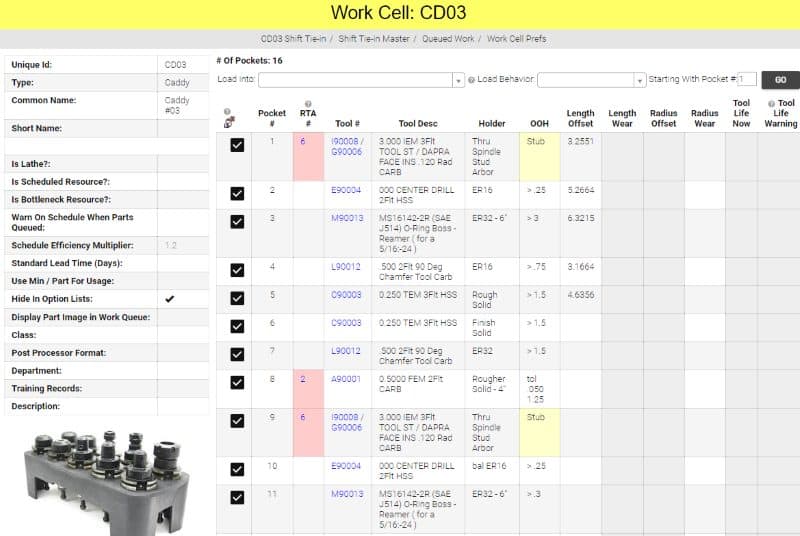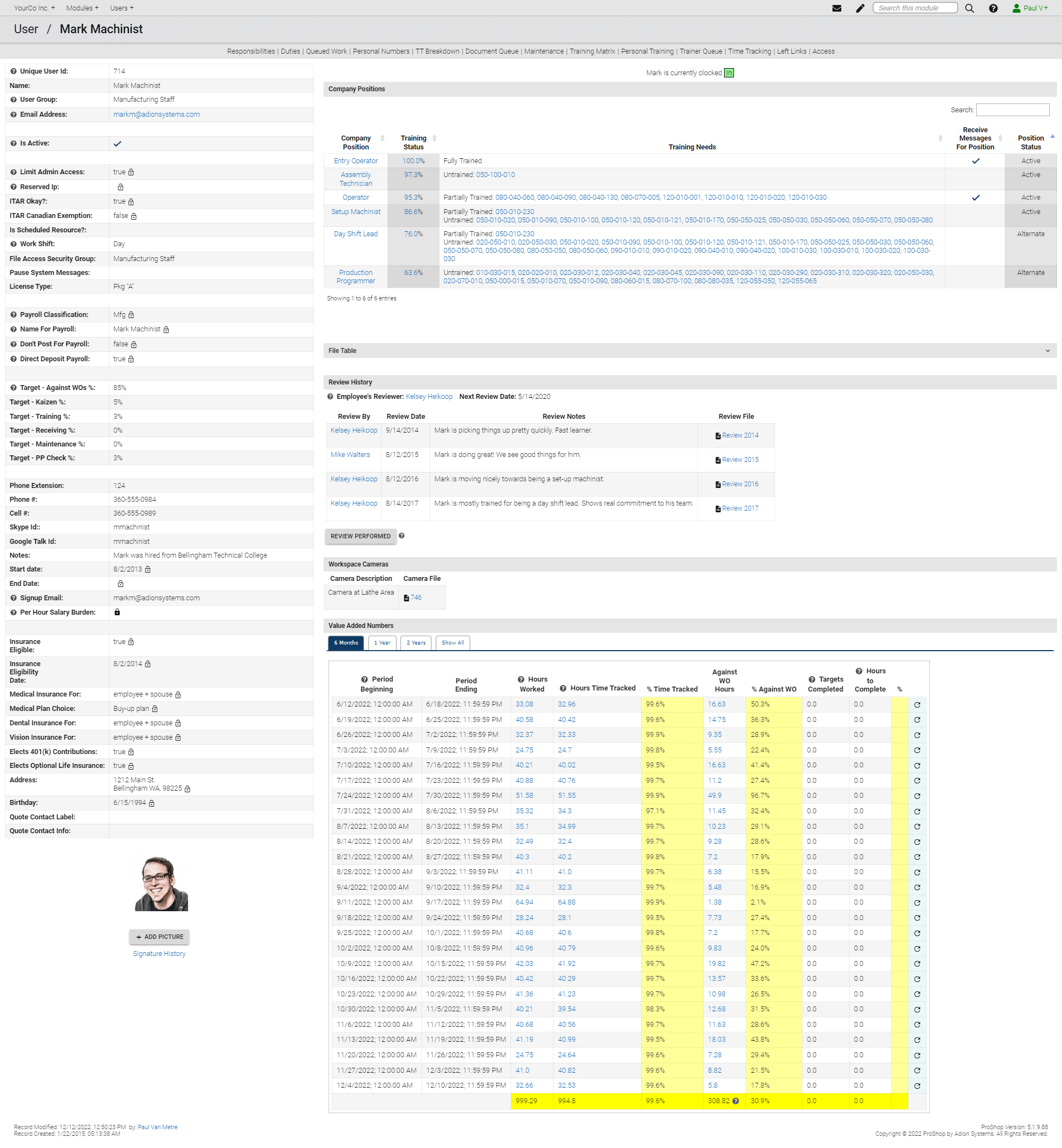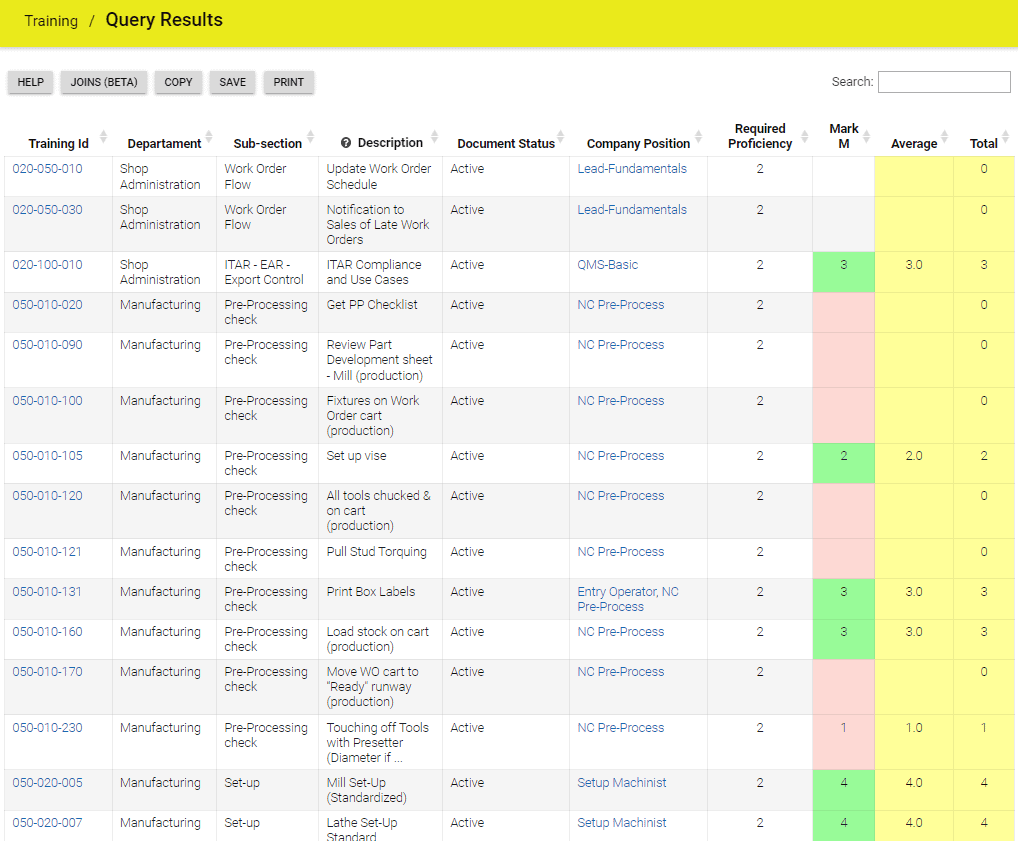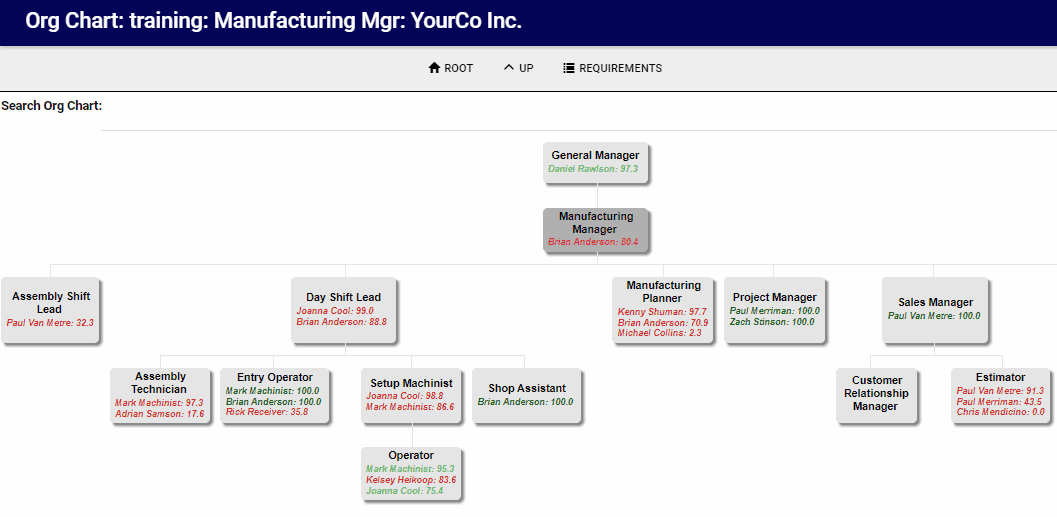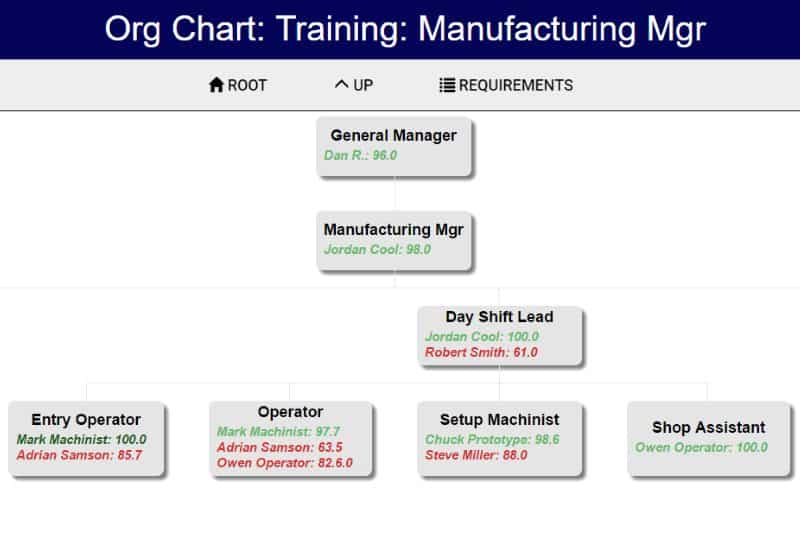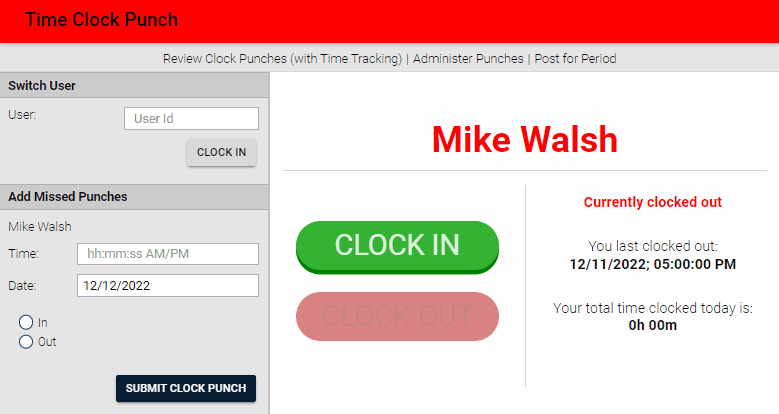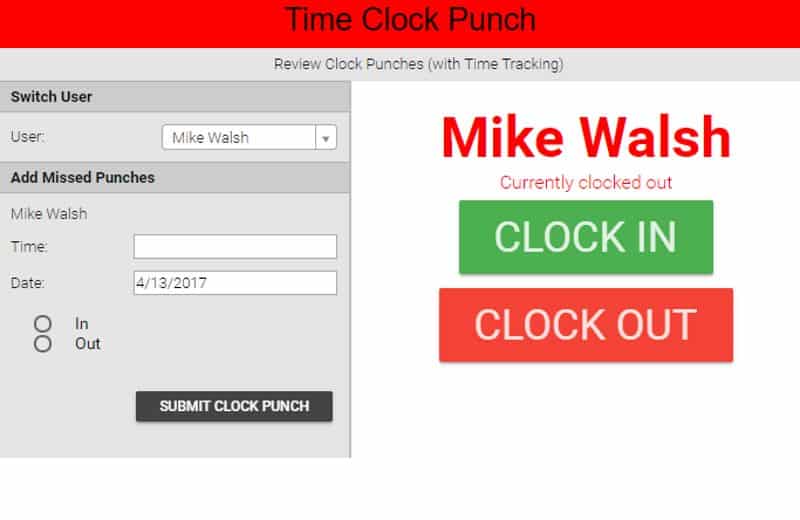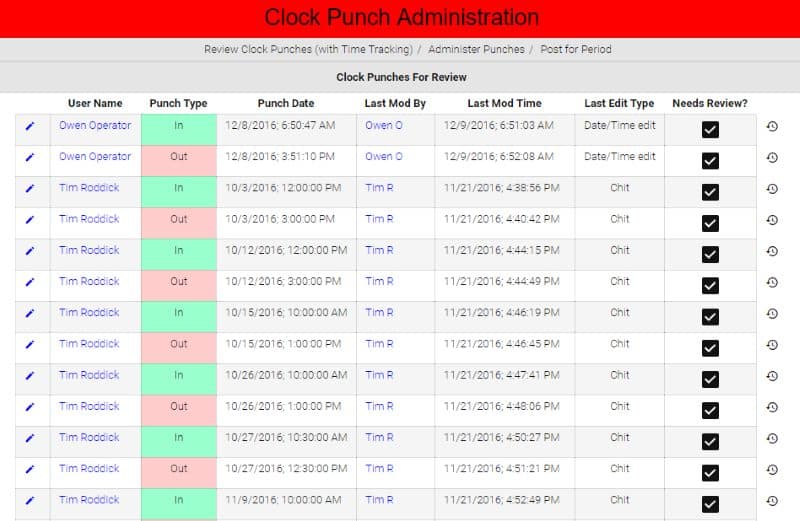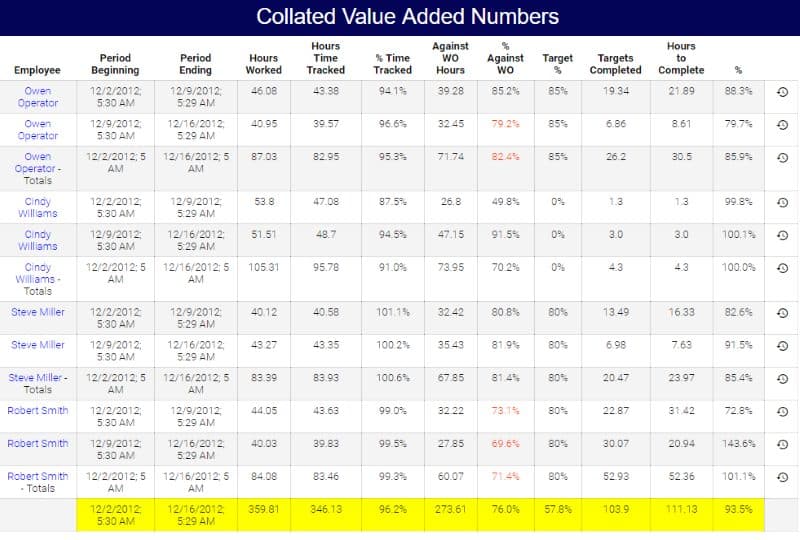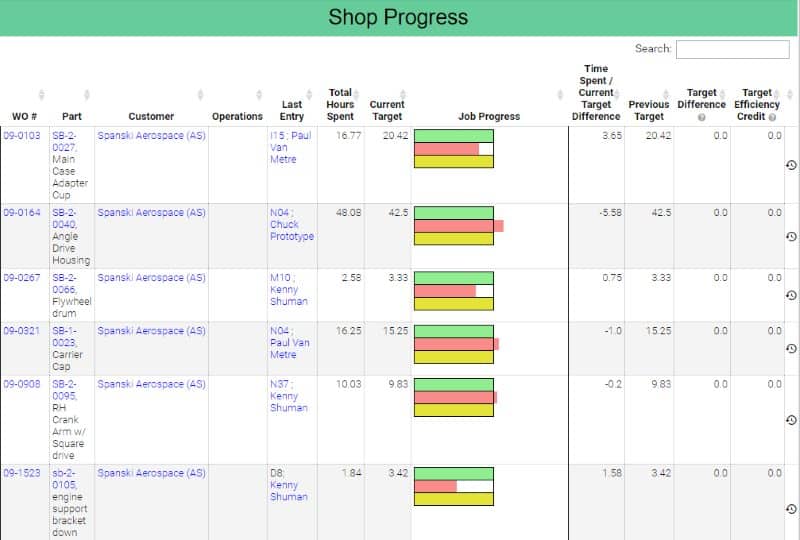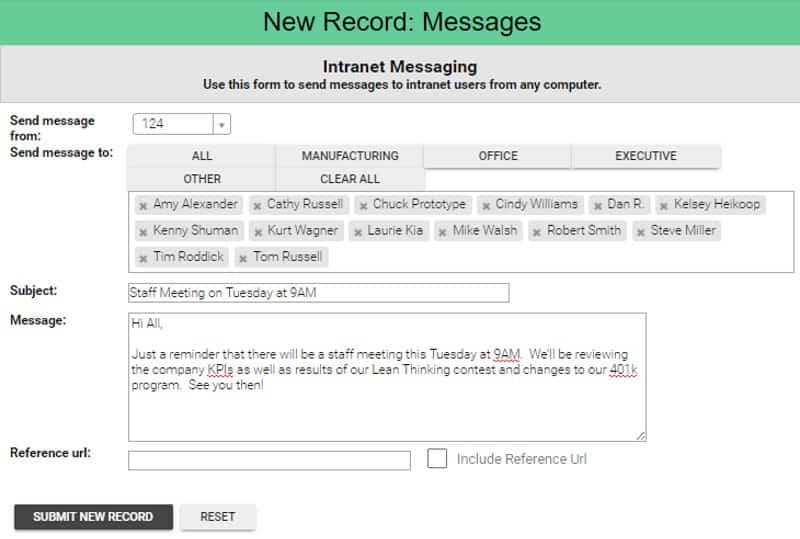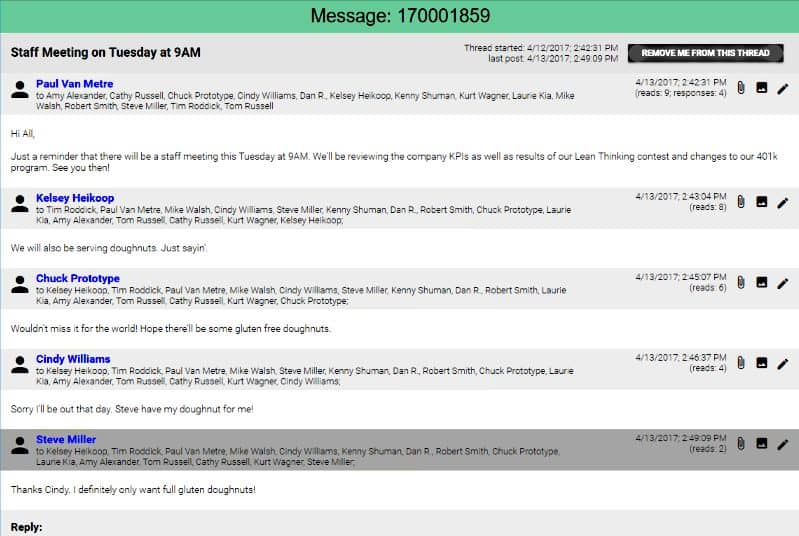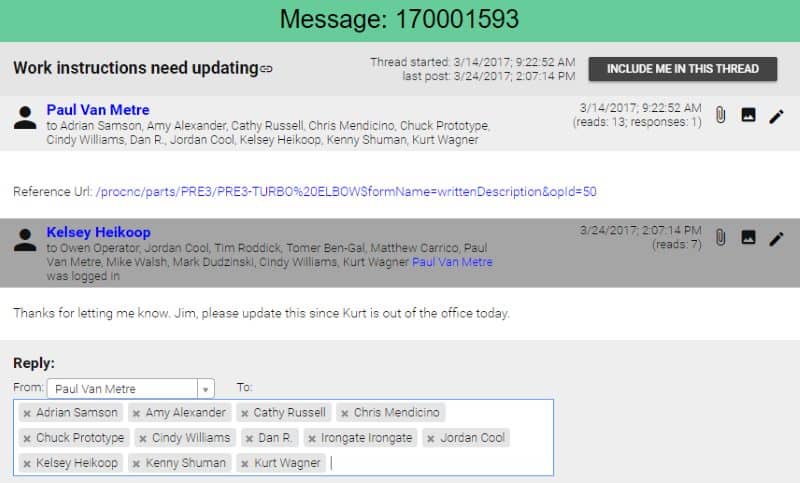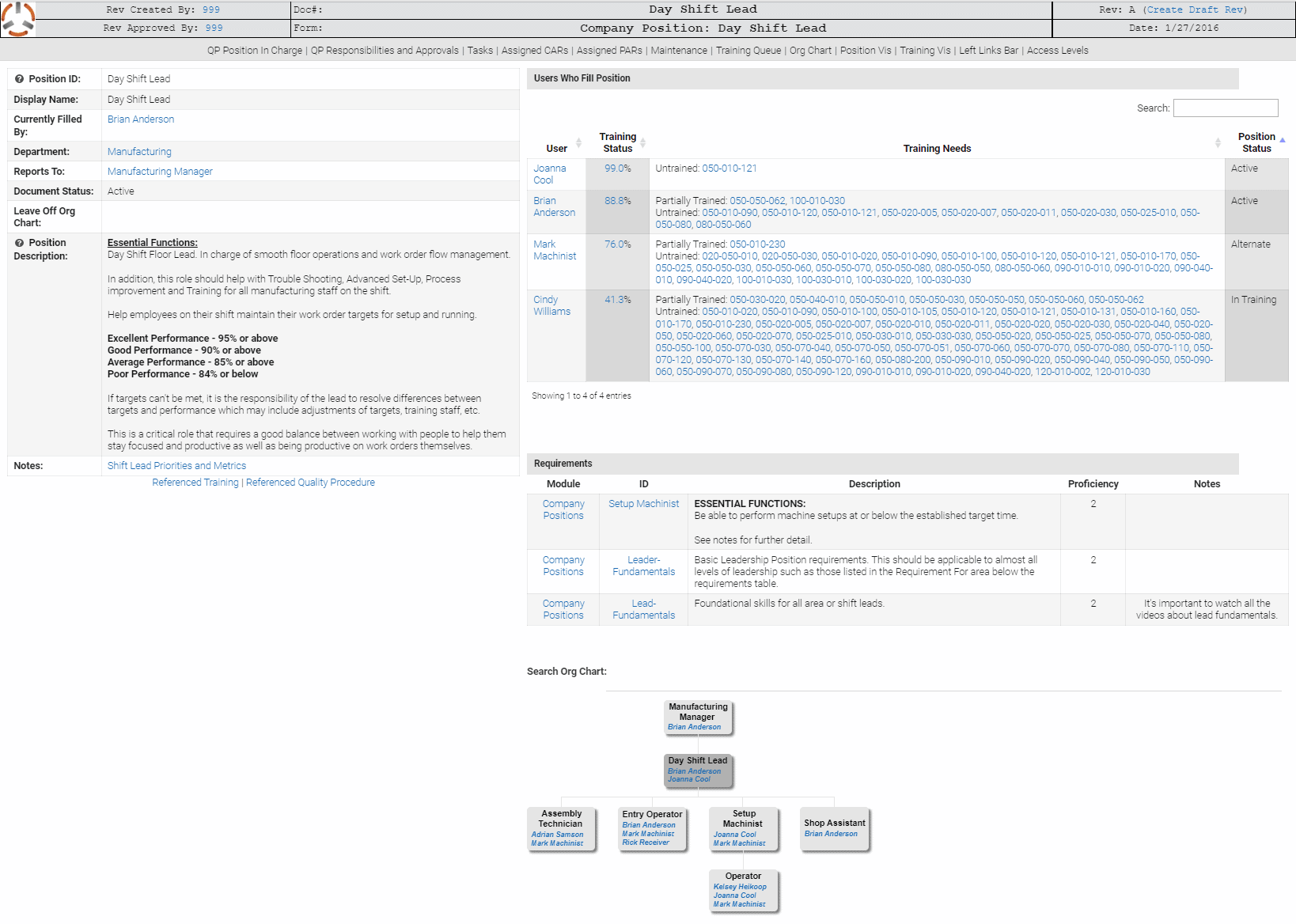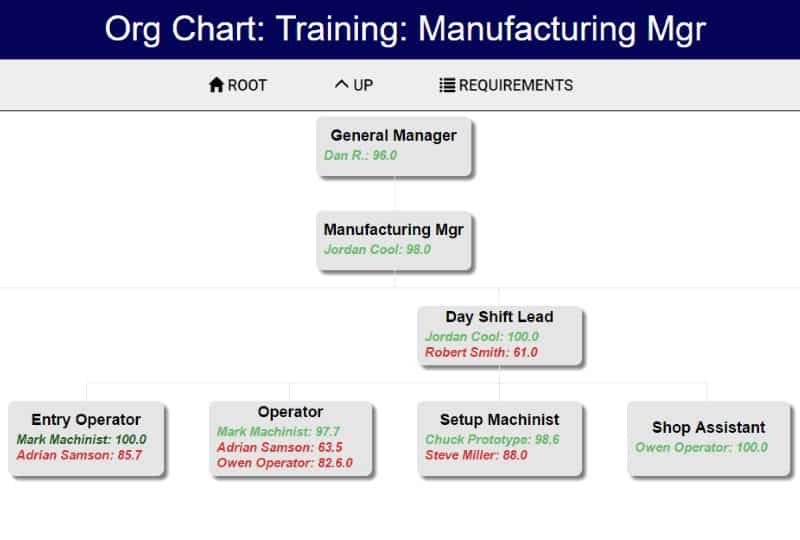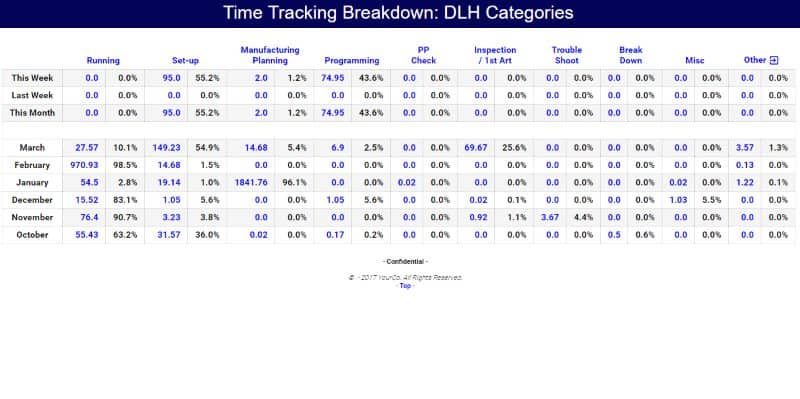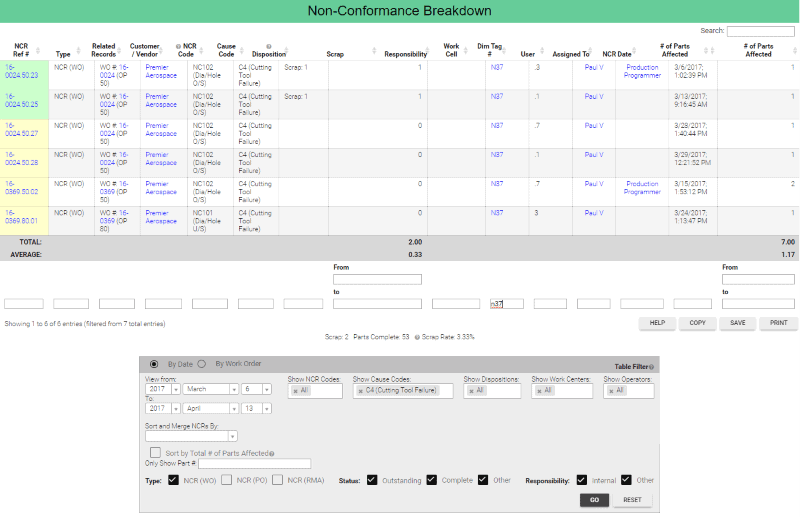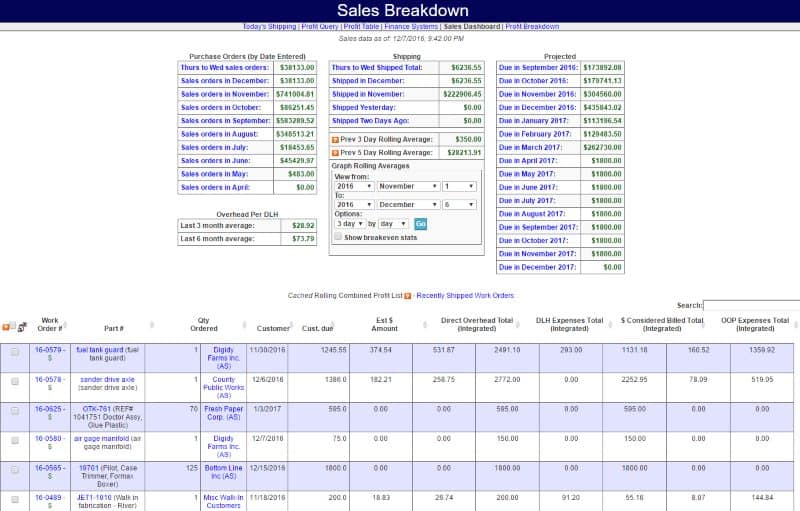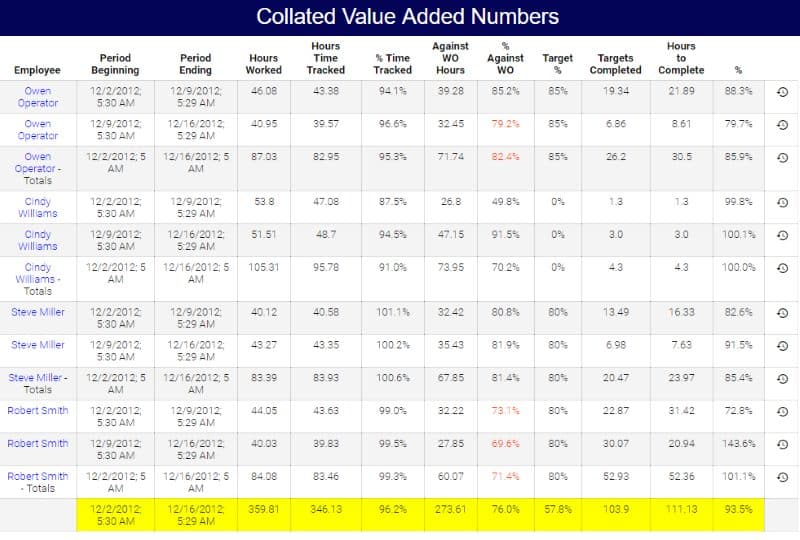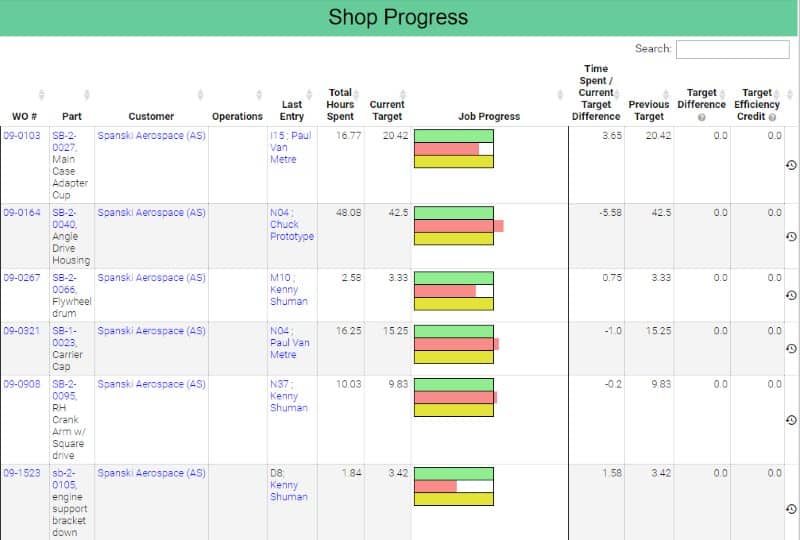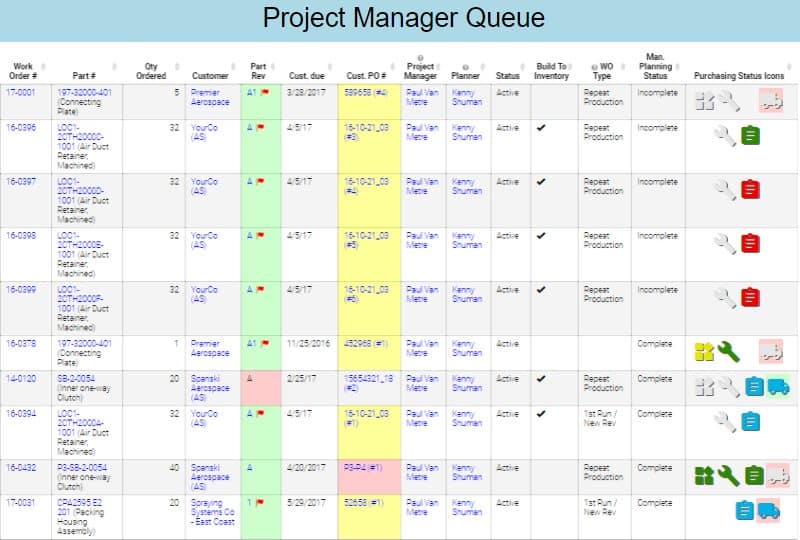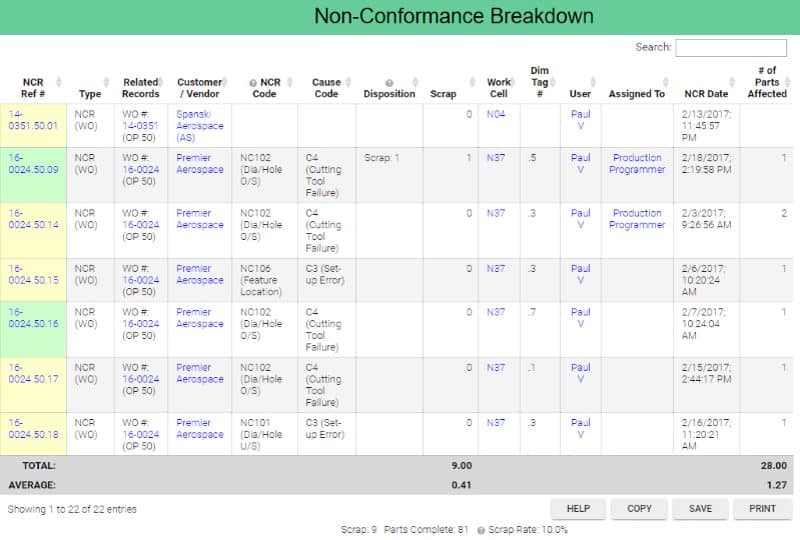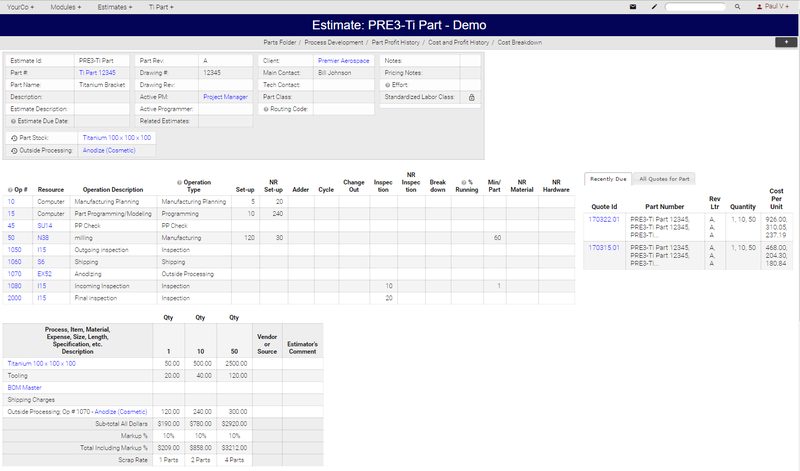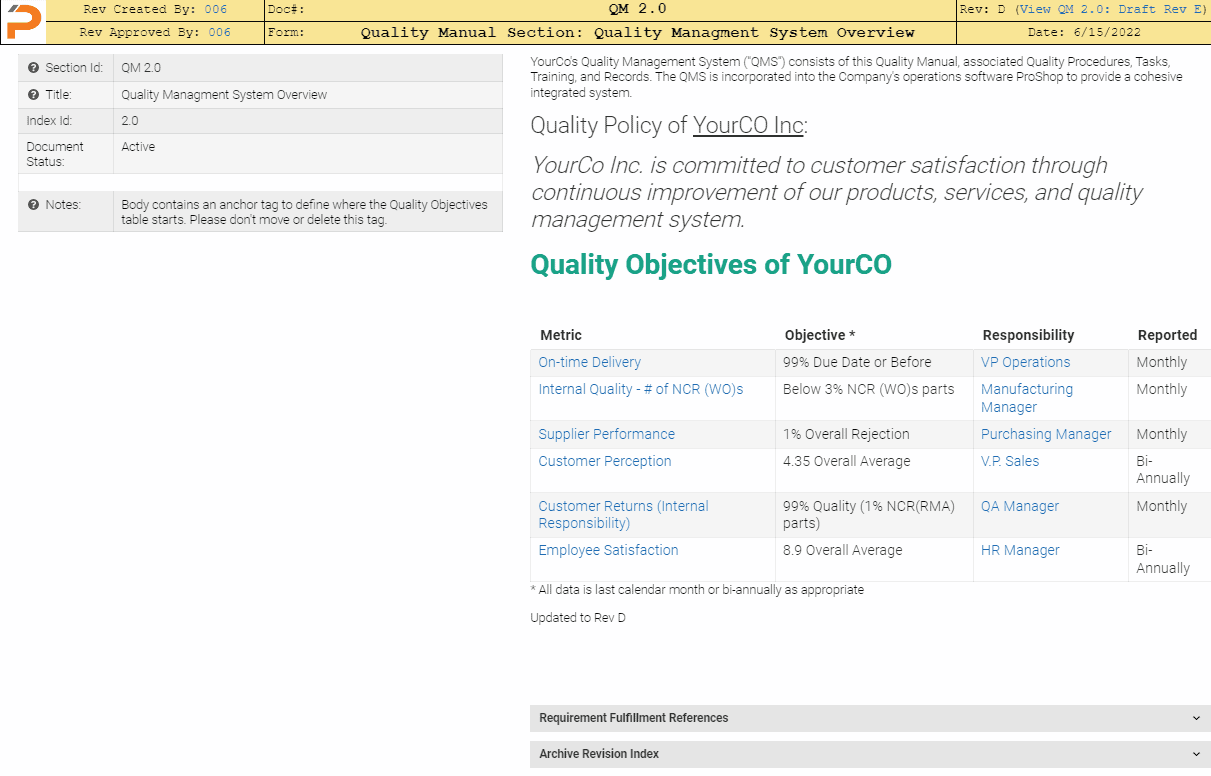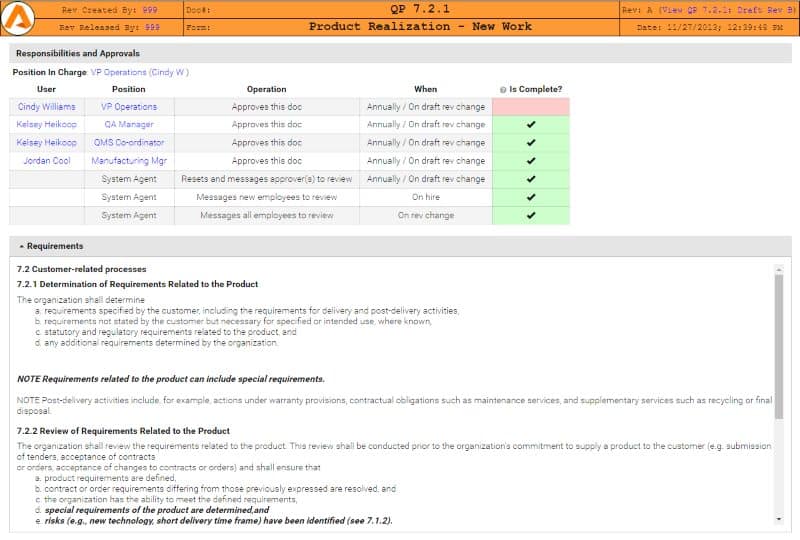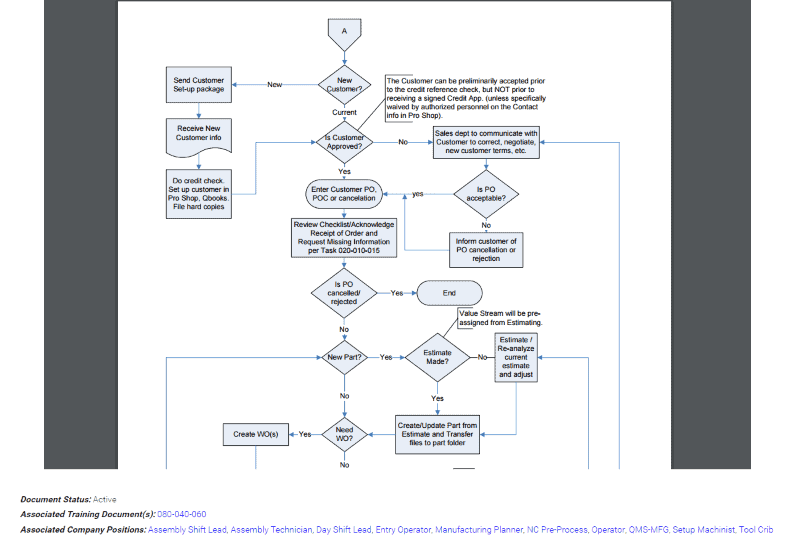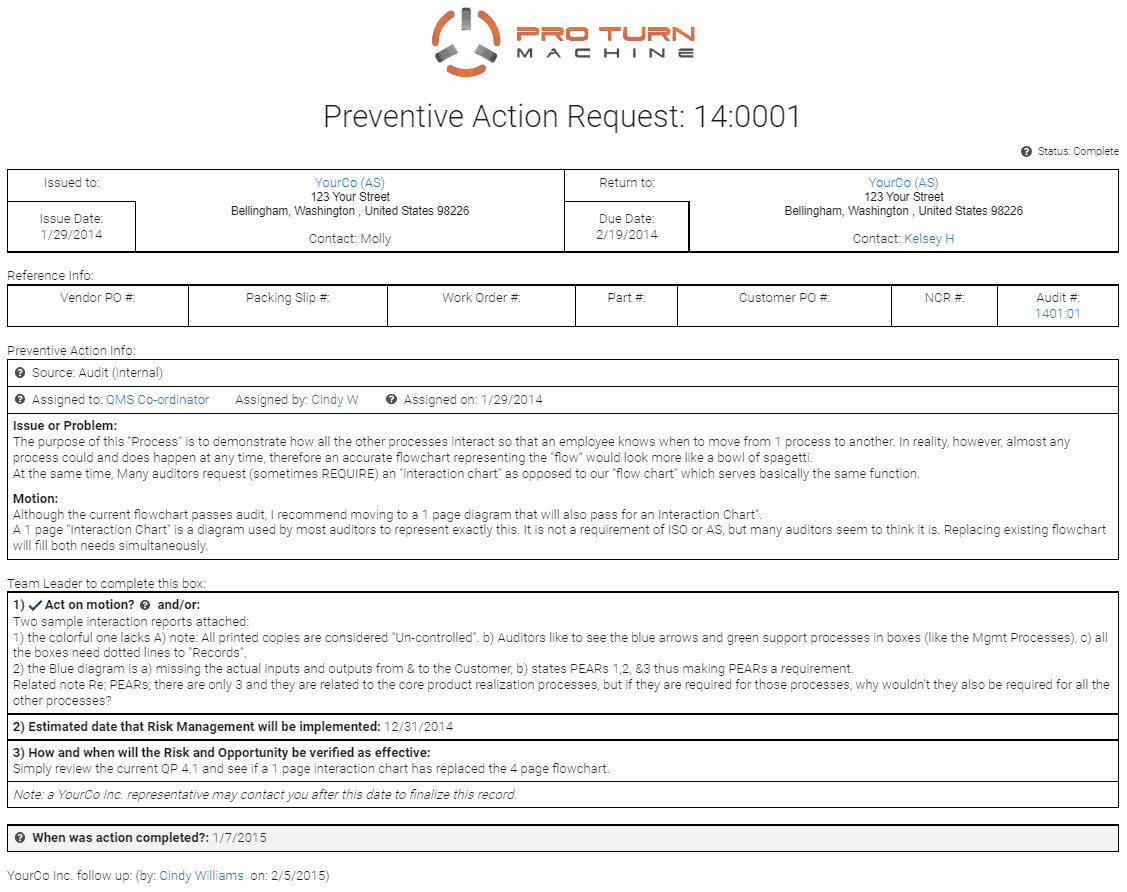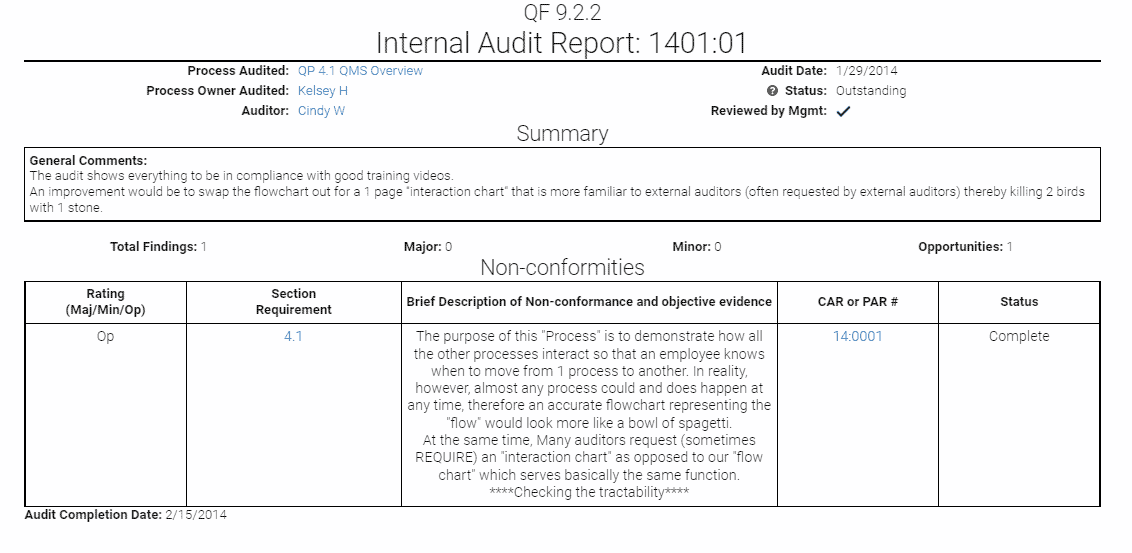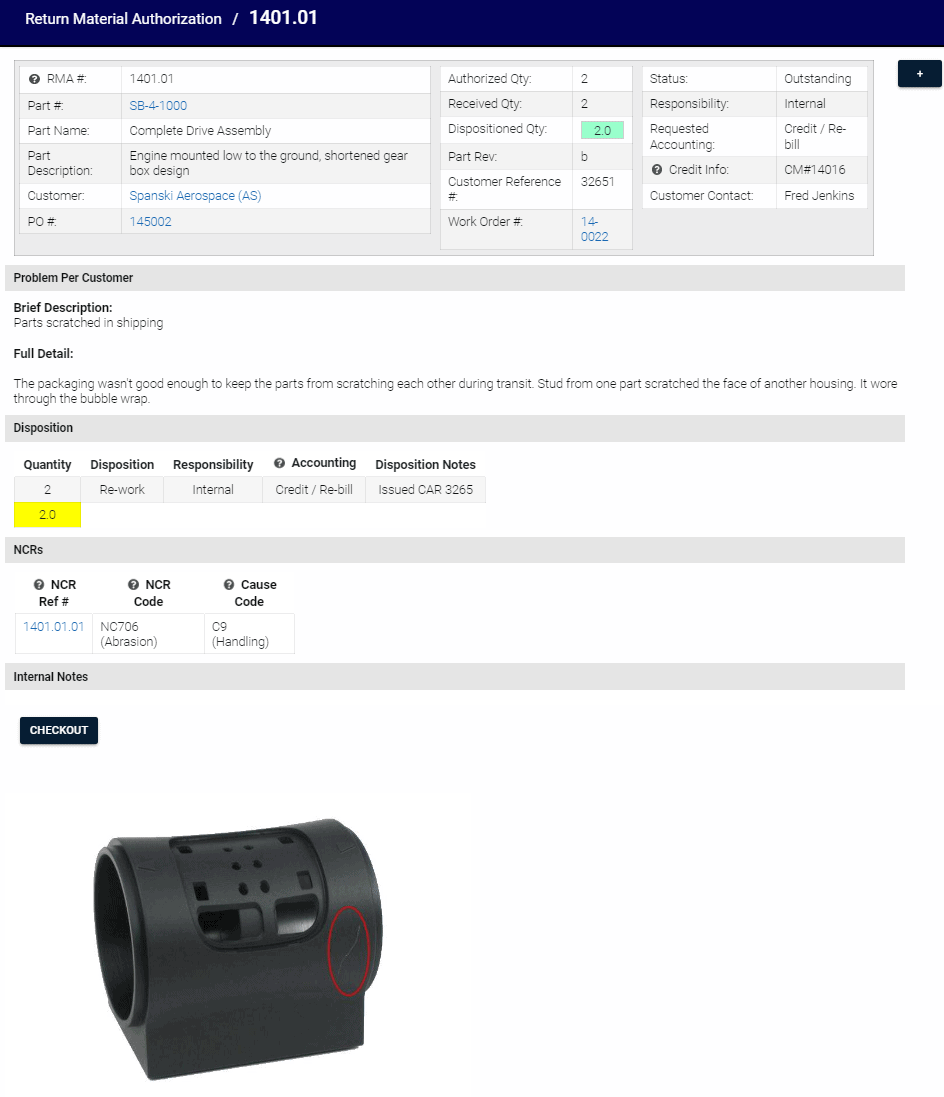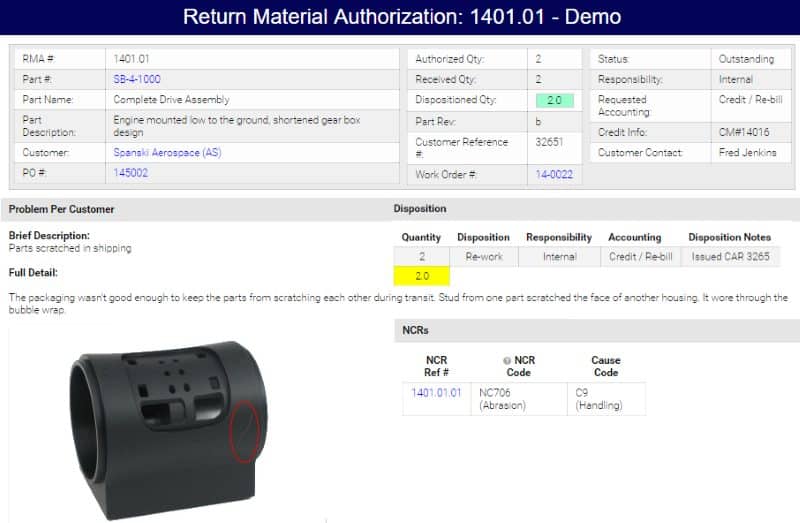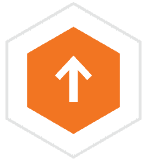IT’S NEVER BEEN THIS INTEGRATED
ProShop cloud ERP is a revolutionary and completely unique approach to manufacturing software. It’s more than ERP software. It is more than MES and QMS software. It’s an innovative new way to manage every aspect of your front office and shop floor better than anything on the market.
Our list of modules is one of the most complete on the market. We typically replace 3-5 other software systems with ProShop. But it’s not just about our features! Our usability and modern web-based navigation is taking the machine shop ERP world by storm! What is unique is how ProShop works. It links every corner of your company to all the others in a powerful but simple way so you can make the best decisions about how to run your business.
Developed over the course of nearly 20 years on the shop floor of a CNC machine shop, ProShop was built by a manufacturer for manufacturers. We understand manufacturing better than any other vendor of Shop Management Software and our products help manage your complex business better than any other product out there. We’ve walked in your shoes and it’s our passion to improve manufacturing.
Browse through our list of ERP, QMS and MES Modules and features below to learn more about ProShop.

ESTIMATES
The estimates module allows you quickly create detailed cost and time estimates for parts or assemblies – either from scratch or our Rapid Estimate Template system. You can create any process flow for the part you are estimating, including labor time for set-up and cycle time, out-of-pocket costs for raw materials, BOM items, and out-of-plant processes. You can specify vendors and attach quotes for materials, specify lead times, markup amounts or percentages, include detailed notes about operations and processes, etc. You can completely customize direct labor rates for every process, modify overhead burden rates, profit margins, sales commissions, etc. When your estimate is finalized and you’re ready to send a quote to the customer, with a single click you can generate a quote to email. All estimates include a list of all quotes on which that estimate has been included.
The information in the estimate will then flow seamlessly into the Part module if that part is ordered by the customer. It will provide the foundation of the router, BOM, material, etc. Then all the manufacturing and inspection details are developed in the part module.
QUOTES
Once estimates are finalized, with a click you can generate a quote to send to a customer. Two options exist for formatting Quotes, having a separate line item for any non-recurring costs in the form of an NRE, or dividing the NRE costs into the unit price of each of the quantities you are quoting.
If quoting a larger package of parts, a shopping cart is used to combine multiple estimates to create a quote with multiple part numbers. Any common notes, or terms that were applicable to each Estimate will be combined in notes section of the quote and any unique notes or terms will be individually identified by part number on the quote. From any quote, a PDF can be generated to email to a client. If a client submits an order based on a quote, with a single click that quote may be turned into a Customer Purchase Order.
CUSTOMER PURCHASE ORDERS
This module tracks every customer order with information about prices, delivery dates, Work Order numbers, First Article Inspection (FAI) requirements, etc. When a customer sends you a purchase order based on a quotation that was sent to them, you can quickly and easily turn that quotation into a Customer PO with one click. POs may be created by entering the part numbers, prices, delivery dates, etc. for each line item. Delivery locations are fed from the Customer Contact page as are credit terms, primary contact, shipping and quality requirements, etc. Fully ISO 9000 and AS9100D compliant contract review functionality is built right into Customer POs as well, allowing you to quickly and easily confirm POs without ever printing a single piece of paper.
PARTS
The Parts module is where all part specific work instructions, quality templates, shop routings, and more are kept. Media rich and visual work instructions including text, photos, and videos help guide employees to hit set-up and run targets, and helps to eliminate tribal knowledge on the shop floor. The latest revision of all work instructions is maintained in the parts module and all historic work instructions are kept in the Parts Archive module. If you want to know exactly what the work instructions were from a Work Order 5 years ago, you can see that with 3 mouse clicks. The latest digitally approved drawing revision is accessible from the Parts module. From the Parts module you can look up every part you have ever made for any customer, including showing a list with thumbnail pictures next to every part number. You can also see a list of all the currently active, in-process and completed Work Orders for any part number. Creation of Parts also triggers PDM functionality, automatically generating predefined folder structures on company file servers to manage all external documents not held within ProShop such as drawings, CAM data, photos, G-Code, etc.
CAM users will enjoy the ability to embed simulation videos into work instructions and link directly to set-up sheets from their CAM system. Reducing machine set-up time has never been easier.
WORK ORDERS
Work Orders (WO) offer complete documentation of all current and past jobs with just a few clicks. Find out up-to-the-minute status of all the jobs in your shop and link to information such as how many labor hours of time have been tracked, dollars spent out-of-pocket, how many parts are finished through what stage, where out-of-plant parts are at and when they will be back. Links to Part level visual work instructions are instantly accessible as are digital sign offs on every process step which will tell you exactly what date, time and User signed off on any step. Work Orders also have a configurable built-in check list system which can dramatically reduce errors, and speed up set-up times.
You can also link directly to records including First Article Inspection (FAIR), In-Process QC (IPQC), delivery records, raw material certs, BOM items, links to time tracking for all direct labor performed, complete historical profit and loss information and much more. Any NCRs generated during set-up or running of the WO will trigger instant alerts to leads and QA staff to offer support. The WO module in conjunction with the Purchasing, COTS and Inventory modules is the foundation of all the traceability tracking. Every component in a multi-level BOM, including all raw material and outside processing is 100% traceable and can be found with just a few mouse clicks. At Final Inspection, a single mouse click of the upper level assembly will collate and bring forward every related cert, and audit the FAI results, for preparing into the complete document package saving hours of time every day.
JOB COSTING
ProShop has powerful Job Costing functionality built-in. As soon as any dollars are spent on a Work Order, or any time tracking is recorded, ProShop will start to tell you how much cost has been incurred on that Work Order and how much progress you’ve made against the production targets. As the job progresses, more costing detail is automatically added, enabling you to get a picture of how the job is going from a time and dollars budget perspective. This gives time to do something about it, if it’s not going how you’d like.
When a Work Order ships, finalized costing data is instantly available and automatically propagates several of the dashboards so users can see the data – the good and the bad. It’s pushed out so you don’t have to search for it and you can’t hide from it. Links are also available to see the entire costing history of any part number and all Work Orders performed on that part number, including detailed information of all dollars and time spent. This gives users the ability to see if a part’s profit history is going in the right direction – the information to make the right decisions for your company.
SCHEDULING
Knowing the status of your jobs and if you will be on time is hard! To do it well, you need to have up-to-the-minute status of jobs currently on the machines and if you have everything needed for jobs about to hit the machine. How will the delivery date be affected if you are down for unplanned repairs or maintenance? These complex challenges are what ProShop scheduling was designed to easily manage. ProShop scheduling is a finite capacity system, showing you in real-time, the exact number of hours left on all jobs currently on Workcells and when they will finish based on your shift schedule. It tells you if you will be on time with your jobs and even forecasts if you will be on time for all future jobs based on your scheduled hours and available staff. Advanced scheduling analytics calculate dates Work Orders need to leave to ship to the customer or out-of-plant processes and when they need to return for any additional processes before shipping to the customer based on many factors. Color coding of Work Orders on the Schedule indicate if all required actions have been completed before a Work Order can be successfully set-up on a machine, including all planning, programming, raw materials received, cutting tools in stock, fixtures pulled and ready. These checklists are fully customizable by customers. This functionality allows for the minimum spindle downtime between jobs.
PURCHASING
With ProShop you can issue POs to your vendors directly from the Purchasing Dashboard which displays live purchasing requirements from planning for all active Work Orders based on need date and commodity type. You can see all outstanding POs, late orders, and time sensitive orders. Purchase orders are typically initiated using a shopping cart system which collates all the purchasing requirements of active work orders and then are assigned to a vendor for ordering. Upon receipt, all certs for purchased items are scanned and attached to each line item, setting the stage for easy retrieval of certs as described in the WO module.
INVENTORY
Robust inventory management is built into the Parts and COTS modules. See at a glance how much inventory you have in your company, the value and where it is located. See every movement in and out of inventory for full traceability.
From any part number or assembly, you can see exactly which Work Order it was created on. You can also look back in history for any job that was shipped from inventory and see a full traceable history of where every component came from. All inventory includes a full cost accounting of how much the original cost was, and what the discounted value currently is.
EQUIPMENT
The equipment module is a fully functional CMMS system, where all company assets, equipment and inspection equipment are managed. It serves the dual function of managing and tracking all maintenance for any equipment as well as calibration requirements for precision instruments. Responsible parties can be assigned to any equipment or specific maintenance item. For example, members of your maintenance staff can be assigned as responsible for machine tool oil and filter changes, while quality department staff may be assigned to machine calibration. Responsible parties will be proactively alerted when their respective assignments are nearing their due dates. Complete work instructions including videos, photos and more can be created for any action item. A BOM can be added to any item which integrates into our COTs and Purchasing modules to alert purchasing staff of requirements and can decrement the inventory of any COTs item on the BOM. A complete history of all equipment actions is always available for reporting or audits with linked certs back to NIST.
FIXTURES
The Fixtures module allows management of all fixtures for custom work holding, vises, chucks and more. Storage locations as well as all applicable Parts and active Work Orders which use the fixture is just a click away. By using the Equipment module alongside the Fixture module, complete maintenance of fixtures can be managed with scheduled maintenance and replacement schedules, ensuring your fixtures are always ready.
COTS
COTS stands for Components Off The Shelf. It is where all non-custom items such as fasteners, fluids, materials, consumables and hardware are handled. COTS items can be added to any BOM on the Part and Work Order modules. COTS may have multiple approved vendors with pricing, lead times, EDP numbers, etc.
The COTS module is tied into WO and Purchasing modules and tracks all incoming orders and outgoing usage of items including economic batch size, safety stock, costs, inventory quantity and value. Full traceability for all COTS items is handled without any extra work by purchasing or manufacturing staff, allowing for certifications to automatically flow into document packages when jobs are shipped.
RTAS
RTA stands for Rotating Tool Assembly. This module is specifically for companies who perform machining and manages a combination of tool holder, collet, cutting tool, inserts, and out-of-holder length. By standardizing and managing common tool assembly configurations, shops can get the most consistent performance from their tools and machines. Integration with our Workcells module will alert users if an RTA is measured to be out of tolerance on offline presetters.
WORK CELLS
Workcells are the items that are used for the schedule. Any machine tool, workbench, equipment, or even person can be assigned as a workcell. Once assigned as a workcell, the number and timing of available hours per day can be managed using the schedule to allow unlimited work shift schedules. Workcells can also be categorized by department, class, assigned standard lead times, and provide alerts when jobs are queued. Workcells can also be tied in with our Training module with specific training records for equipment operation.
For companies involved in machining, the Workcell module fully supports tool height offset management and direct communication to CNC machine controllers so human entry errors are eliminated during the process of offline tool presetting through uploading offset files into the machine controls.
USERS
All employees who use ProShop are assigned as a User. The User page gives HR and management a place to record important information about employees including employment information, benefit summary, contact information and more. Approved managers can also find direct links to all time tracking and clock punches, effectiveness, training records, positions held, quality performance such as NCRs, CARs, PARs and more. Employees can also see where in the Org Chart they belong and what training they are in need of.
Access levels to ProShop modules, fields and information is tightly controlled for all users so very finite control is available to allow employees just the right amount of access to data.
TIME CLOCK
ProShop has a built-in time clock for punching in and out of work. A very fast interface allows any user to clock in or out from any device quickly using a password. Employees and managers can very easily see current and historic clock punches for any time frame. A system for missed punches allows managers to review and approve when an employee forgets to punch at the correct time. Managers are also alerted to any anomalies. Combining Time Clock and Time Tracking data automatically generates Effectiveness data for managers. All time clock data can be easily exported into accounting packages such as QuickBooks, Sage, or 3rd party processors for payroll.
TIME TRACKING
It is essential for time tracking to be accurate, specific and fast to record. The Time Tracking module was designed to take just a few seconds to interface with and allows employees to record which Work Orders they are working on (if any), what type of work they are doing such as set-up, running, programming, troubleshooting, how many parts have been made and more. All parameters are intelligently pre-filled based on the page the user is on when initiating time tracking including the Work Order, Workcells, operation, time/date and flow status. Multiple time tracking entries can be simultaneously made to allow flexibility for users to run more than one piece of equipment or Work Order at a time. All time tracking data feeds into the job costing system so actual direct labor costs are automatically generated in real-time.
Managers can also easily see exactly what all employees are working on at any time. Because ProShop knows the wage or salary of every employee, this data is also automatically integrated into company-wide cost calculations for WIP, overhead, etc.
MESSAGING
The Messaging system is critical for intra-company communications. It is used as a replacement for email for many companies. This thread based system allows conversations between any groups of users with direct links to the applicable page in ProShop. Users can subscribe or unsubscribe from conversations as needed. ProShop can also issue automated messages, alerting users and managers of myriad important alerts such as when NCRs are created, when Time Tracking is over target by a determined percentage, when Equipment is nearing its calibration or maintenance due dates, when documents are ready for review and approvals, and many more. Because the messaging system is part of the company database, all communications will be permanently recorded, making research on past communication much more simple than with email.
COMPANY POSITIONS
An unlimited number of company positions can be created and assigned to Users. These can then be assigned as responsible for actions and categories across ProShop including NCRs, Audits, Quality Procedures, Equipment, and more. This makes it much easier to reassign work temporarily and permanently when user changes happen. The Company Positions feed into a dynamic and visual Org Chart showing all employees in every position, and reveals those that have complete and incomplete training for the positions they are in. Company Positions are also used to assign training paths for users to advance to higher positions in the company. Series of Training records can be created to clearly identify and guide employees who are on an advancement path to higher levels of responsibility in the company. Managers can clearly see how far along employees are towards any new Company Position.
DASHBOARDS
Dashboards are a critical tool to monitor the performance of the company and individual departments at all levels of the company. They are the tools that guide hourly and daily decision making on the shop floor and in the office as well as the tools that help make strategic decisions.
With over 25 unique Dashboards for customer service, planning, shipping, inspection, receiving, sales, finance, and much more, every department and manager are continuously being updated in real time by all users who are working within ProShop. Users can see the pulse of the entire company and what needs action next. The dashboard system was designed by real users from each department in a company, so the data you get will be relevant to the job at hand. Dashboards can also be modified for specific needs for each client.
REPORTING
ProShop has powerful reporting and query and reporting functionality, allowing cross-module and multi-level reports to be generated. Many reports and dashboards are automatically generated and always live, so you can see them at any time without having to run a report. The more accessible the data is, the more likely it is you will see it and take action on it.
Any query can be saved for individual or global company use in the future. All query results are displayed in powerful data tables, allowing instant manipulation, sorting, filtering and exporting. Third party reporting software is unnecessary, reducing cost and complexity.
STANDARDS
The Standards module is where all the requirements of the quality system are stored. The standards module is configurable for ISO 9001, AS9100, ISO 13485, American Petroleum Institute (API), ISO 14001 or any others. Sections of these standards will be referenced by the QP and Tasks module as needed, making an audit trail extremely clear and straightforward for the auditors. Our customers typically find that external audits of their companies are often accomplished in about half the time that is typically budgeted for companies of their size. The typical response from external auditors include statements such as “The most robust QMS I have ever seen”, “so tightly integrated with the ERP system”, “The easiest system I have ever audited.”
The Standards module is also where our powerful Requirements Fulfillment Locations (RLF) system is found. It allows you to directly link any requirement of any Standard right to the content in your QMS where you document how you meet that requirement. An automatic back link is created within the destination document in ProShop so you can easily see what sections of any standard are being met by your QMS content. It is incredibly powerful and feature that makes auditing about 2x-3x faster.
If your auditors aren’t saying this about your system, contact us for a demo.

QUALITY MANUAL
The Quality Manual is a broad document that sets forth the quality system procedures and defines compliance with the standards your company is certified for. It includes the company Quality Policy and goals, Key Performance Indicators, a detailed description of the quality system, procedures, and other resources for maintaining high quality product and services. It is easy to generate new sections which then offer complete revision control using ProShop’s automated approval and release workflow system whereby company managment are alerted to sign off on any new revisions to the manual.
It is simple to export a PDF version of the quality manual which will automatically be labeled as an “Uncontrolled Copy” with the date and time of printing.
PROCEDURES
Quality Procedures or QPs are detailed documents that cover specific areas of the company and how the systems and procedures are managed to ensure that high quality and efficiency is maintained. QPs are linked to specific sections of our Standards Module which can have unlimited standards such as ISO 9001, AS9100, ISO 14385, API, ISO 14000 or any others. The QPs can be built to meet the requirements of any Standard. A list of Users and Company Positions who approve the document and the latest approval status is included. Creating new revisions is very simple, allowing editing of the draft revision in a controlled area unseen by most employees. When a new revision is ready for approval, and is subsequently signed off by the document owners, an automatic workflow is triggered whereby the current revision becomes archived, the draft becomes the current revision and all required company Users are alerted to review the QP and any changes that may be applicable to them.
Never before has a QMS been so deeply yet simply integrated into an ERP system, allowing the QMS to truly be used as a tool for continuous improvement in a very lightweight and low cost way.
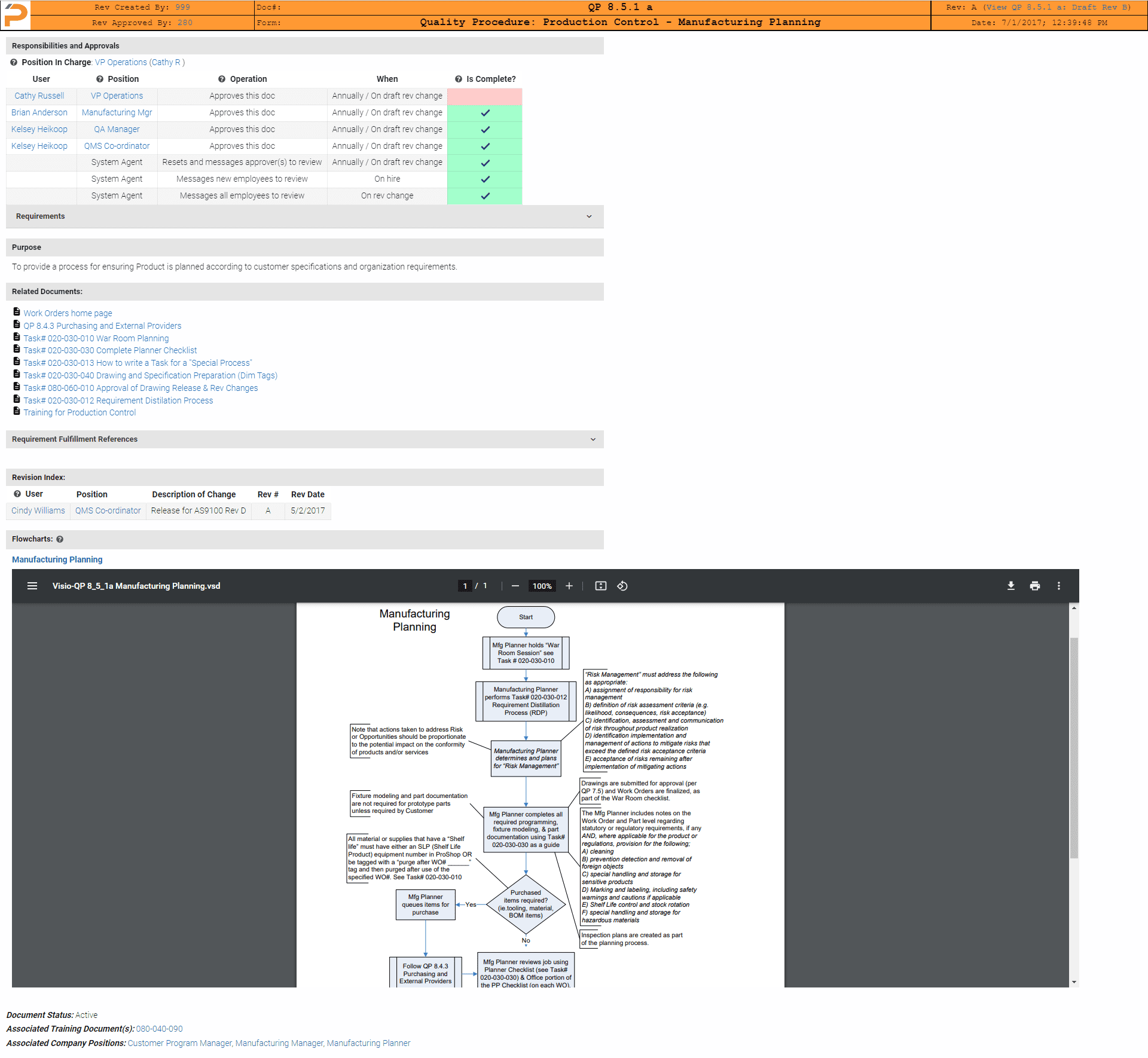
TASKS
The Task module is an extremely robust yet lightweight way to document and rev. control all of the important tasks, processes and work instructions in your company. With a full text editor built in, they may include rich text, checklists, videos, photos, PDFs, etc. A list of Users who are trained in the Task is included along with their individual training record which documents their proficiency level, date of training and the name of the trainer. Spawning a new draft rev takes a single click and once the revisions are made, releasing the document for approval will send notification to the document owner. Once the revision is approved, the current revision is automatically archived, the new draft becomes the latest revision and the trained Users will receive Message alerts to review the new revision of the Task.
This simple workflow process allows the organization to make revisions quickly and easily, enabling the Task module to be actively used to improve company processes and developing a culture of continuous improvement.
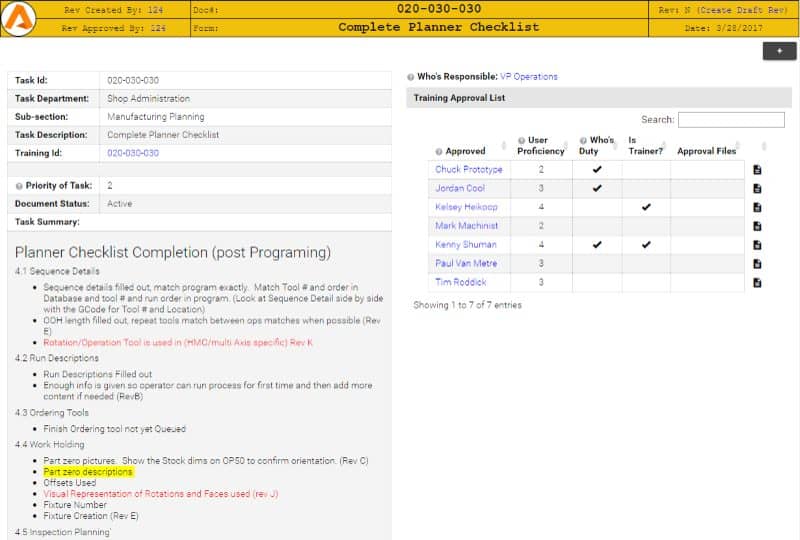
TRAINING
The Training module offers training for any Task, Quality Procedure, or stand-alone activity. Trainings include instructions on how to accomplish any activity, and may include tests, videos, photos, etc. When a User completes a training, they are signed off on a new higher proficiency level by the designated trainer. Training lists are included for every Company Position so employees can clearly see what training they need to accomplish in order to be qualified for promotions to new Company Positions. Training matrices are also available to review company-wide training proficiency levels, filtered and sorted by shift. Training gaps can also be seen on the Org Chart under Company Positions. Similar to Tasks, when revisions are made for a Training record, only the trained users will receive Message alerts to review the new revision of the Training.
The training module makes it much easier to ensure that all the elements of your QMS will be followed properly. The training module is also great for any type of training you may want to create from shop best practices, shop math and more. It enables companies to rapidly develop their employees skills to better serve the company and customers.

CORRECTIVE ACTION
Corrective Action Requests (CAR) may be issued for any reason including from RMAs, Audits, NCRs, Management Reviews and Customer Satisfaction Surveys. They may be internal, or issued to 3rd party such as a vendor. They include full 5C workflow for closed loop management of root causes. The CAR module ties in and links directly to any applicable other modules such as Work Orders, Purchase Orders and NCRs. CARs can be queried for detailed reporting of virtually any attribute and exported for offline reporting as needed.
CARs automatic workflow sends automatic notifications in the Messaging system to employees which are assigned to outstanding CARs, reminding them of follow ups, or other due dates they are responsible for. The CAR action dates will also be listed in the employee’s Document Queue which is visible to any manager. CAR’s issued from a client will be permanently linked from the Contact module for that client for quick and easy reference.
With tight integration into the ERP and MES modules, CARs can be a very effective and low cost way to initiate positive change in your organization.
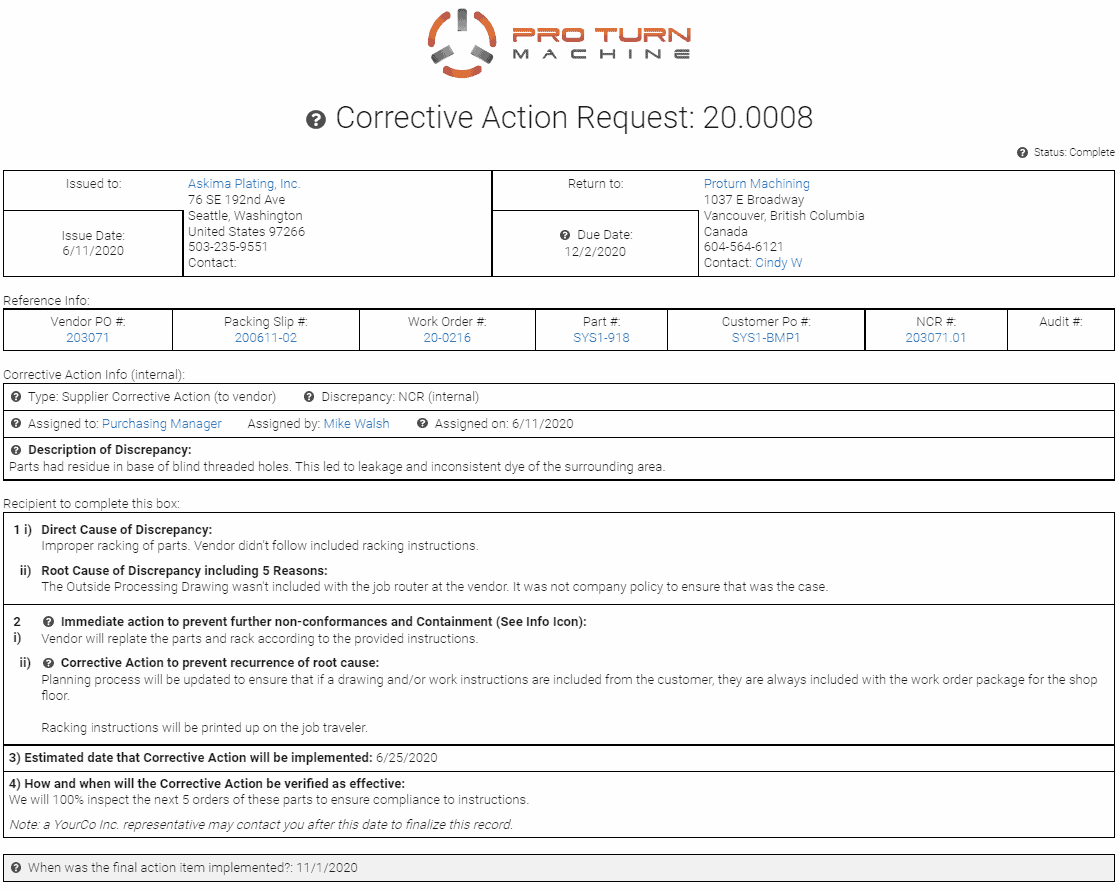
PREVENTATIVE ACTION
Preventative Action Requests (PAR) behave just like Corrective actions. They can be issued from RMAs, Audits, NCRs, management reviews and more. The PAR module ties in and links directly to any applicable other modules such as Work Orders, Purchase Orders and NCRs. PARs can be queried for detailed reporting of virtually any attribute and exported for offline reporting as needed.
PARs have automatic workflow built in, sending automatic notifications in the Messaging system to employees which are assigned to outstanding PARs, reminding them of follow ups, or other due dates they are responsible for. The PAR action dates will also be listed in the employee’s Document Queue which is visible to any manager.
With tight integration into the ERP and MES modules, PARs can be a very effective and low cost way to initiate positive change in your organization.
AUDIT REPORTS
The Audit module tracks the process of issuing audits, tracking the results of and follow up of audit findings. Audit Reports can be initiated from either internal or external audits. Findings can be major, minor or opportunities which can all be tracked individually. Corrective Action Requests (CAR) and Preventative Action Requests (PAR) can be issued directly from the Audit module based on the severity of findings. Any Quality Procedures or Tasks being audited are linked directly to the Audit Report for reference, making it easy to find all related information and evidence of findings.
NON-CONFORMANCE REPORTS (NCR)
The NCR module tracks and manages any kind of quality non-conformance and ties it back to the ERP system. NCRs can be one of three types: Internal (Work Order), External (Vendor PO), or Customer (RMA). When initiated from any of these other modules, the NCR will be completely filled out with all the related and linked modules for reporting and searching. These links would include all the details including related Part numbers, Work Orders, customer Purchase Orders, vendor Purchase Orders. When NCRs are created, automated alerts can be generated for any User(s) in the company such as QA Managers, Inspectors, Shift Leads, Project Managers.
The NCR dashboard very powerful and extremely easy to use for tracking and reporting on NCRs based on any possible criteria such as employees, customers, workcells, work shifts, vendor, part numbers, cause code, NCR code, scrap rate, and much more. Detailed analysis using this dashboard can provide insight into where to focus efforts to reduce the cost of non-conformances. All data is easily exported without third party software for further use if needed.
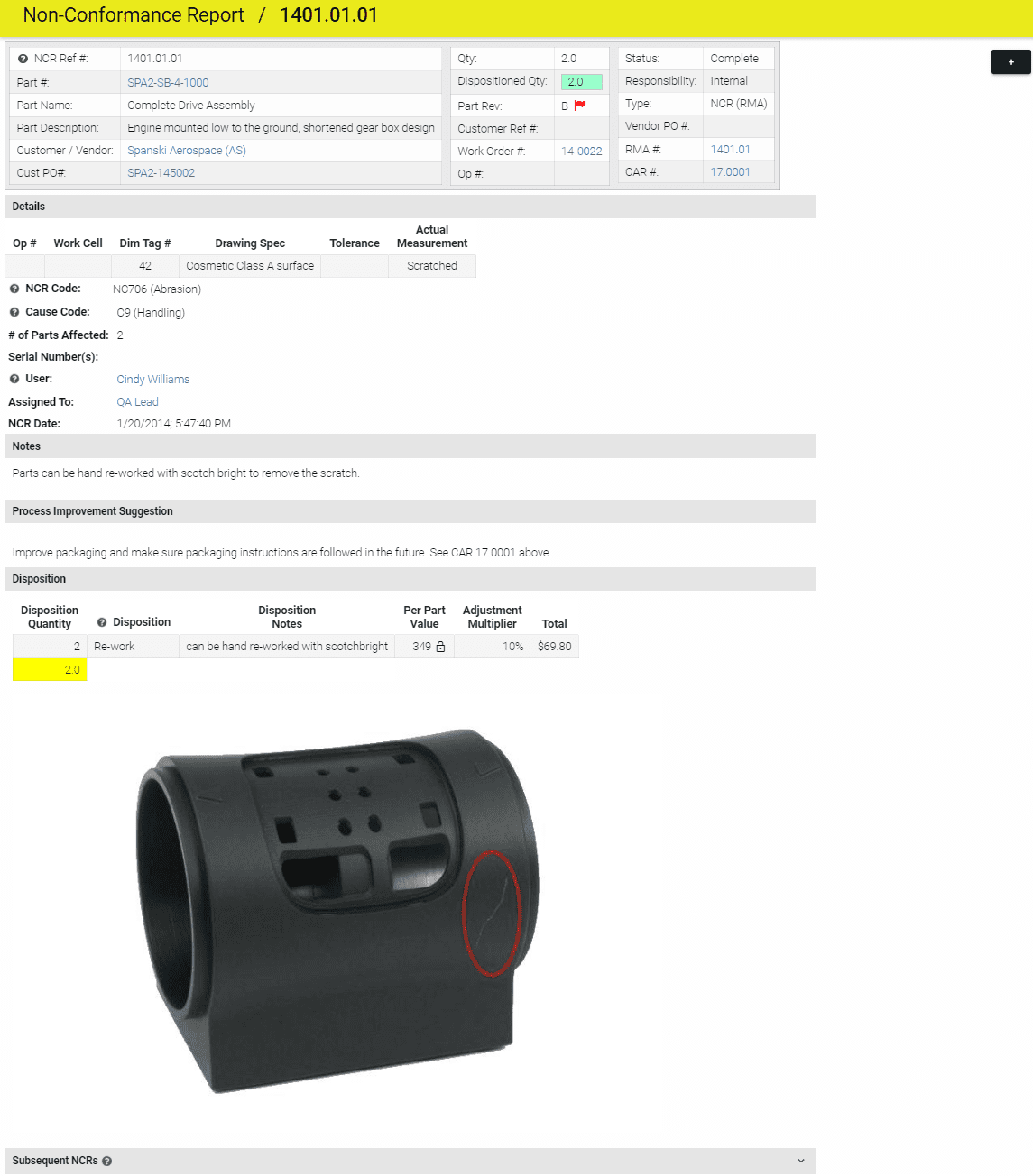
RETURN MATERIAL AUTHORIZATIONS (RMA)
RMAs are a core component of the QMS system. They enable a way to track all incoming product returned or rejected by a Customer. Links to create RMAs are strategically placed on pages where such an action might be initiated to make the process quick and easy. Only trained and approved staff are able to issue RMAs.
Responsibility, cost and accounting instructions can be specified. RMAs will have direct links to any applicable Purchase Orders, Work Orders, NRCs, CARs, and PARs so the full picture of a potential quality issue can be analyzed with just a few mouse clicks. Photos or any kind of files can be attached or embedded into the RMA.
Any RMAs from a given client are automatically listed on the Contact page for that customer and are maintained permanently.
ProShop puts powerful data at your fingertips.
Book your no commitment Discovery Call
